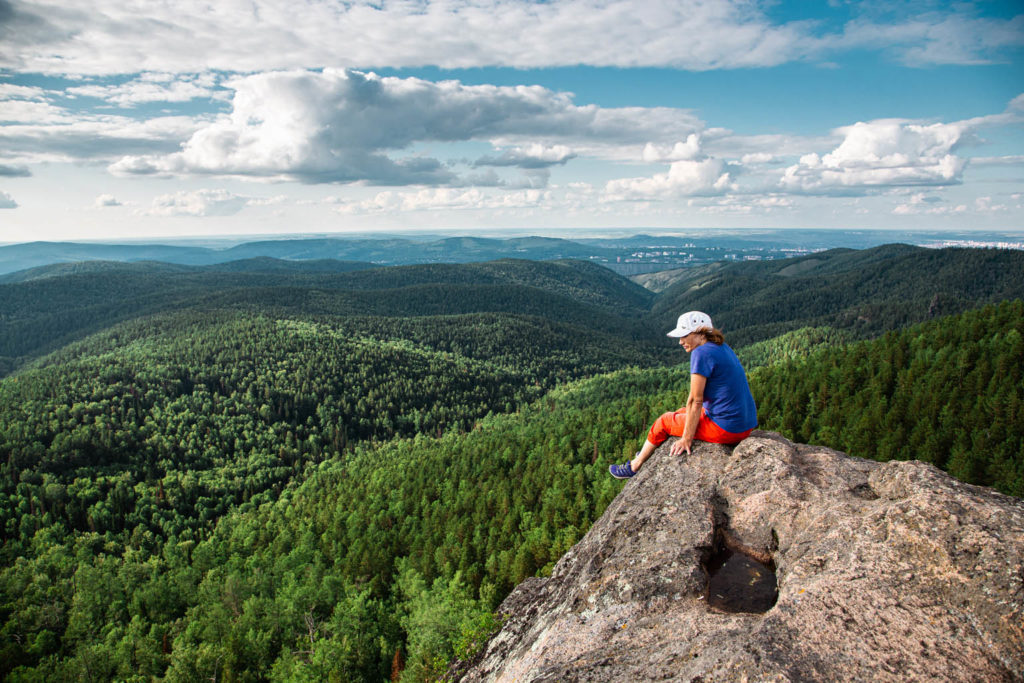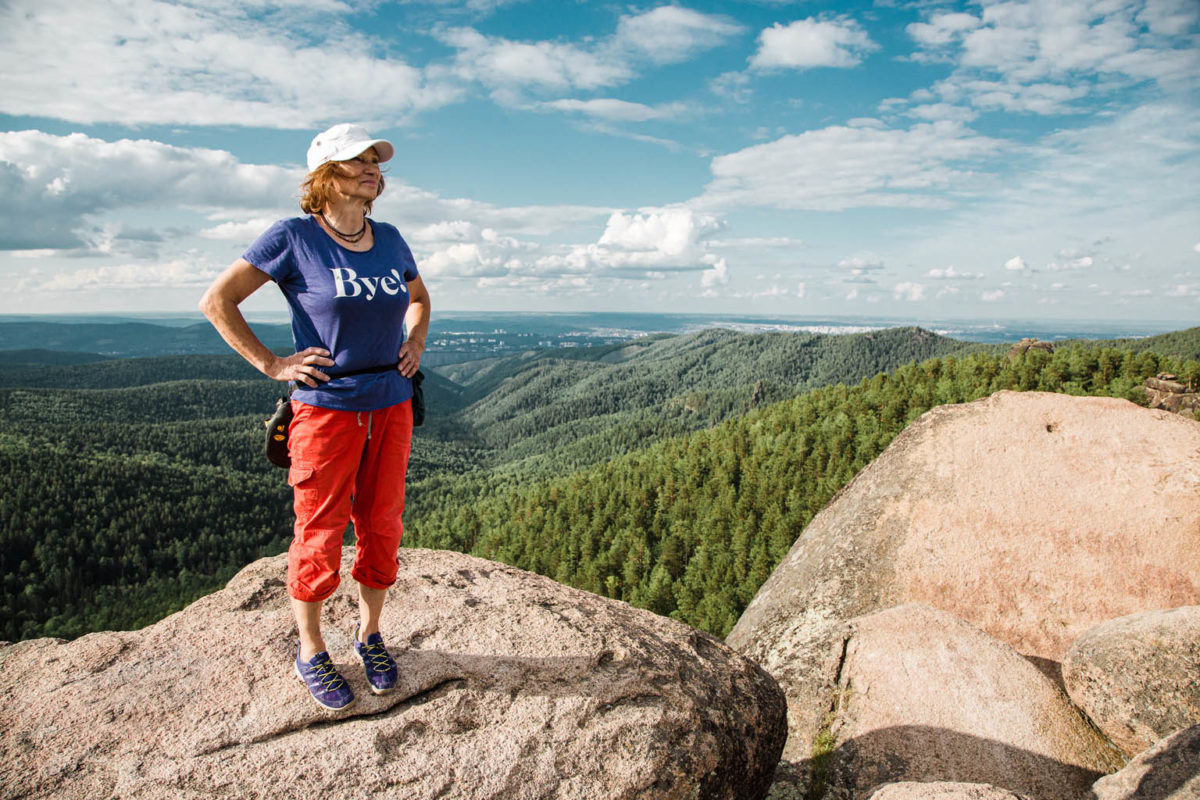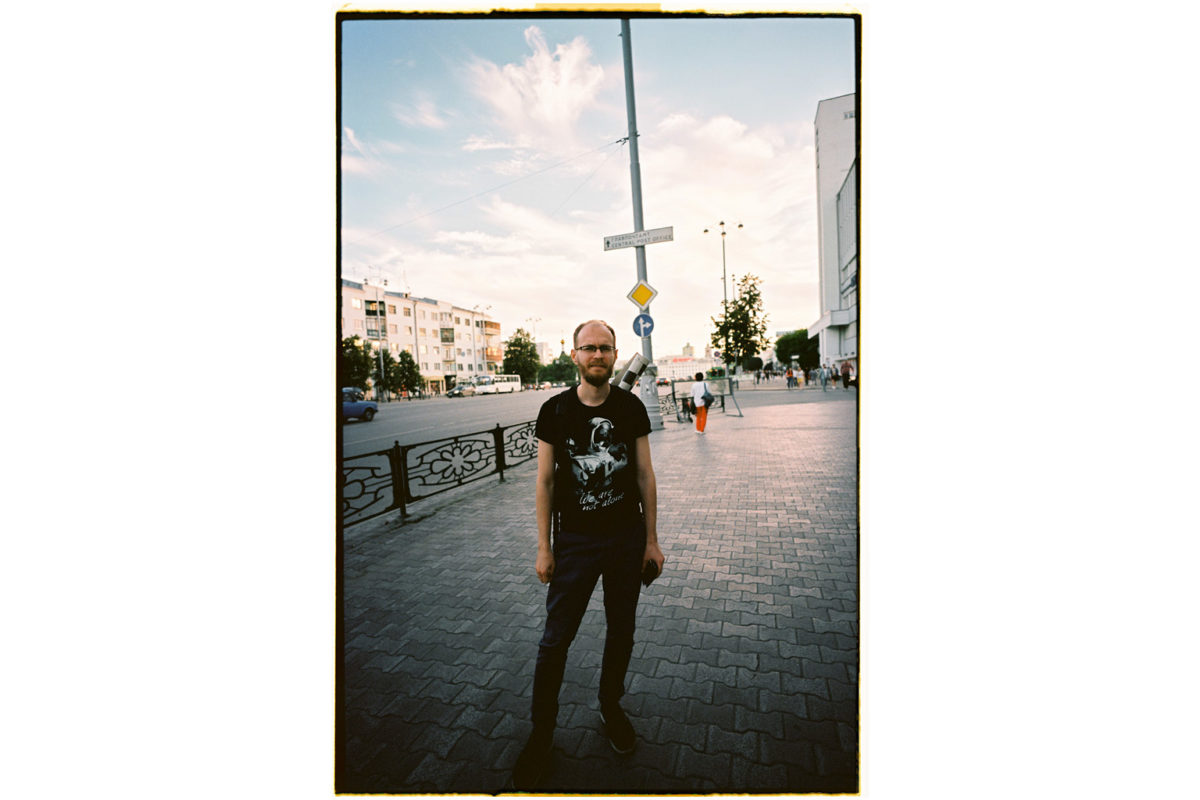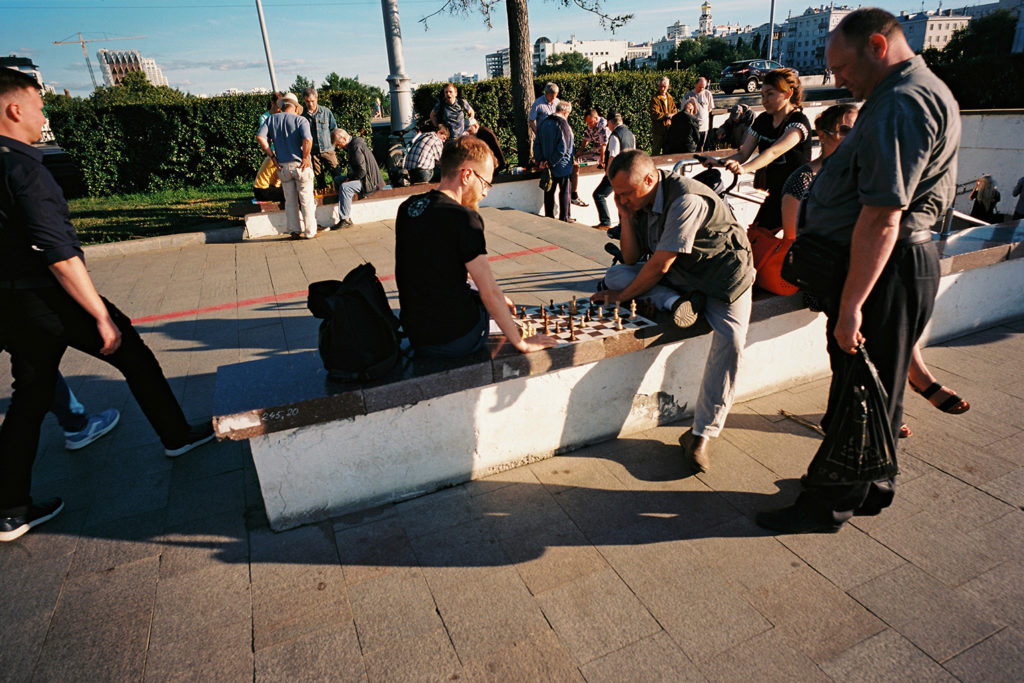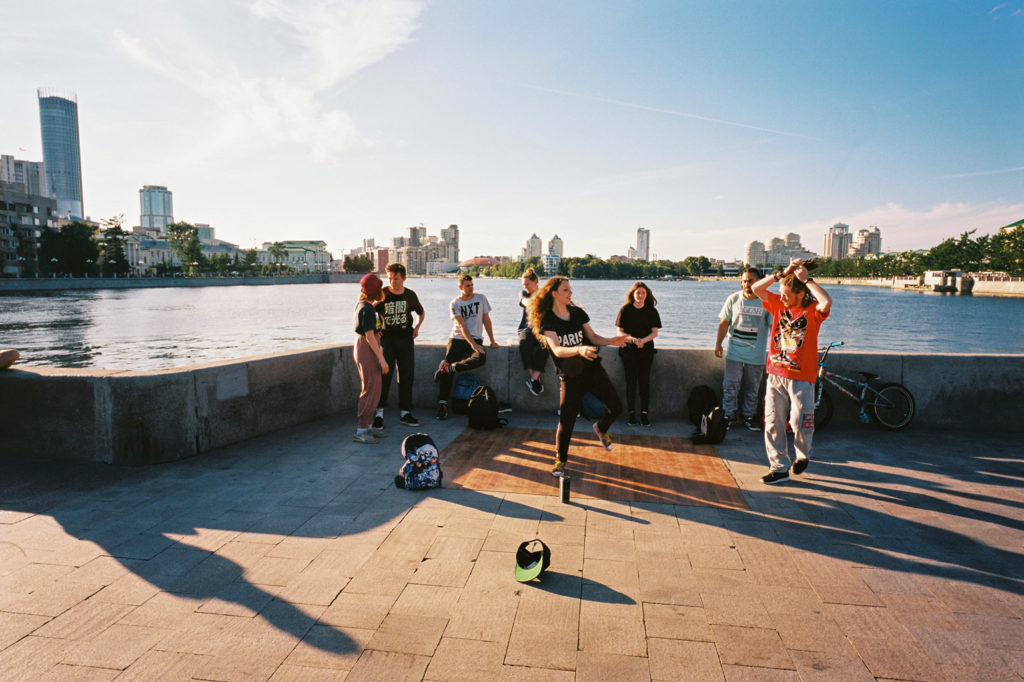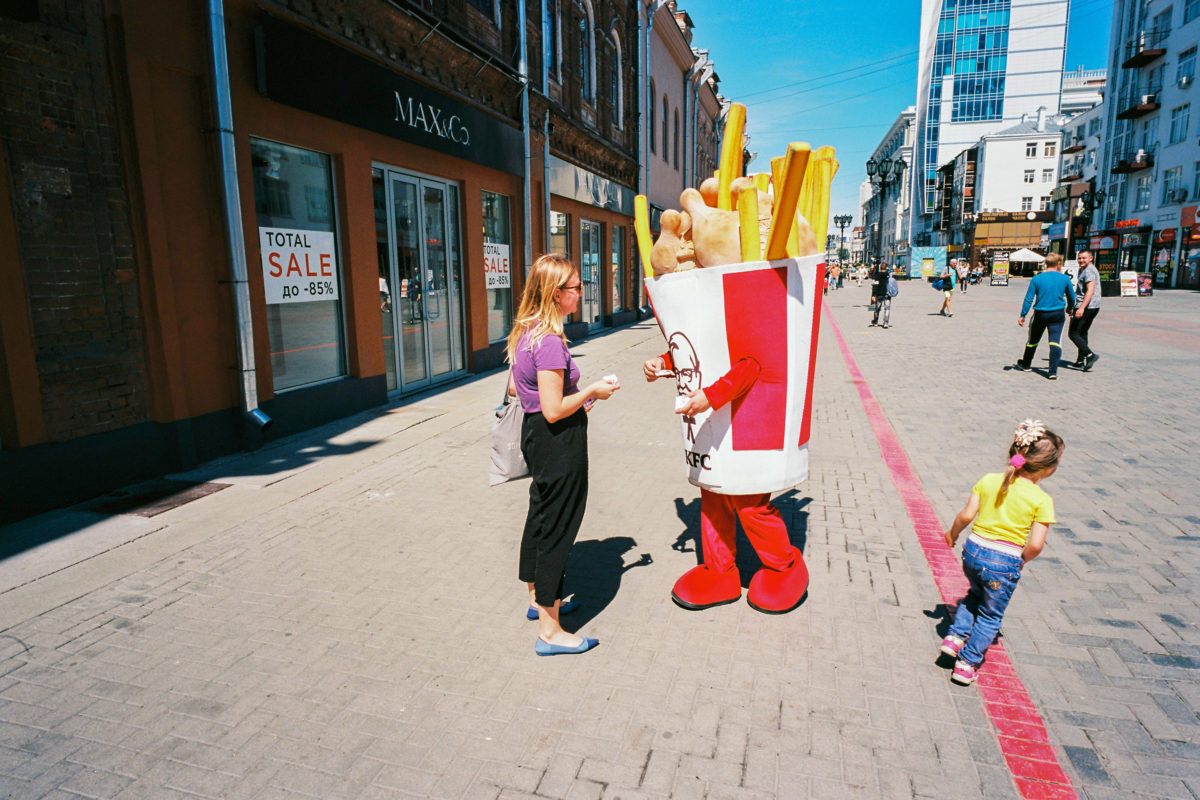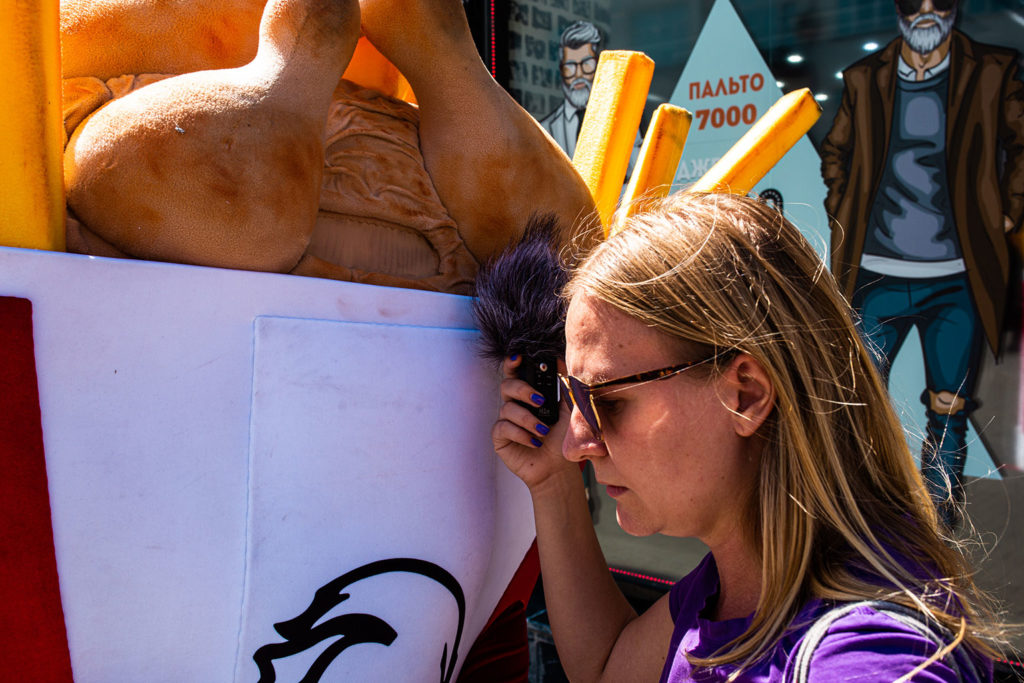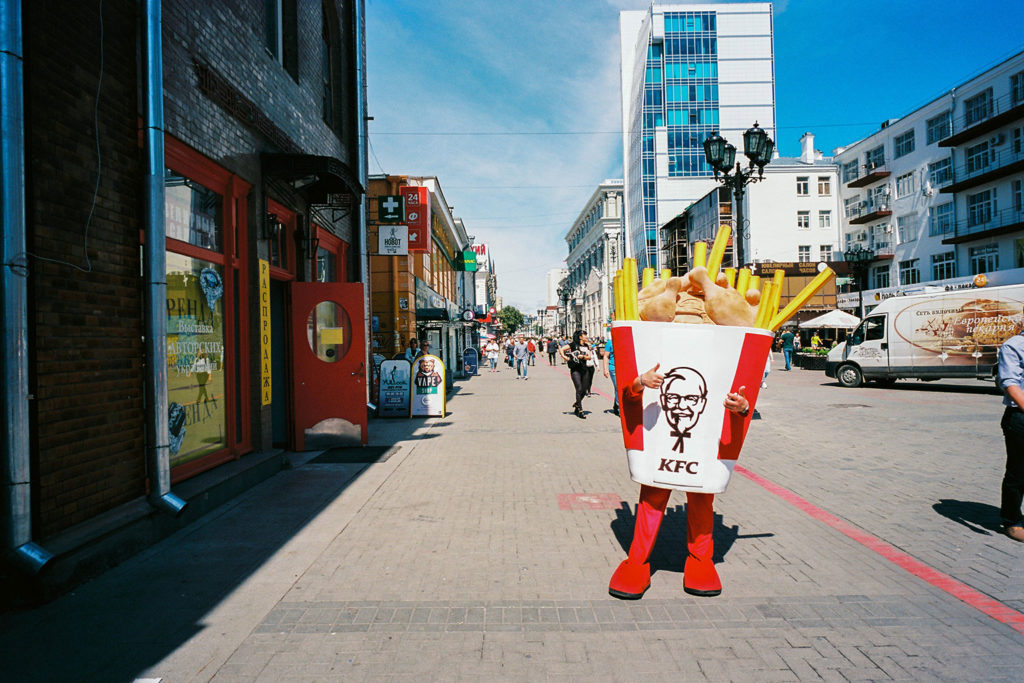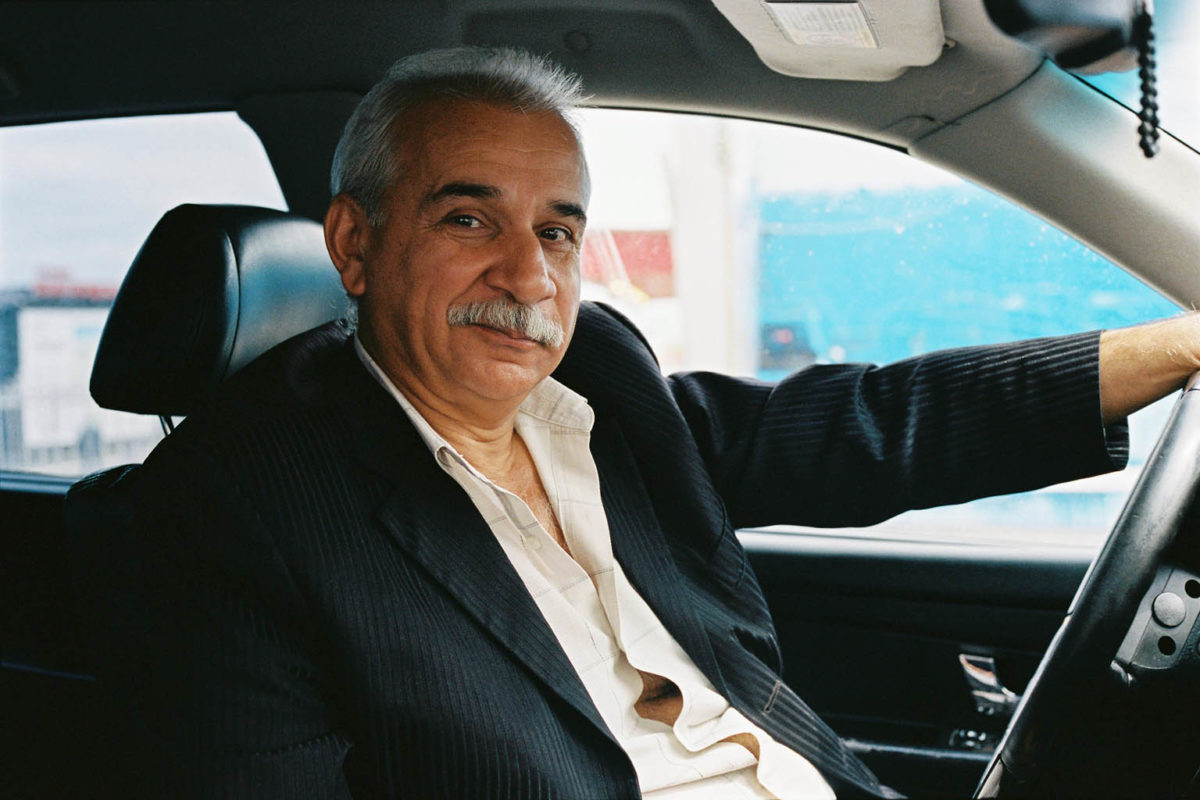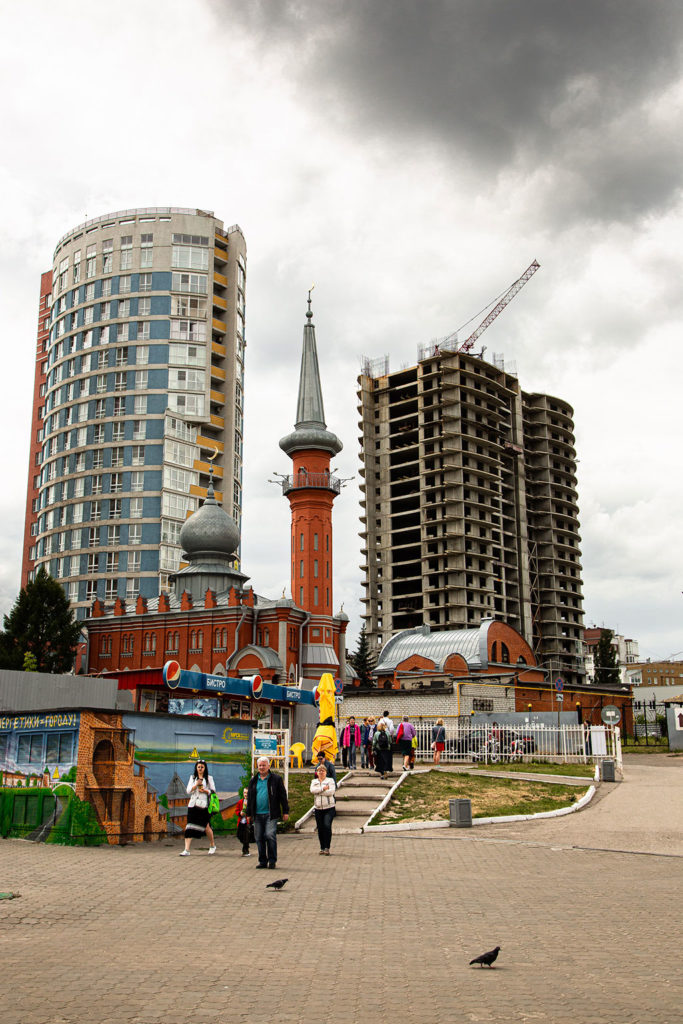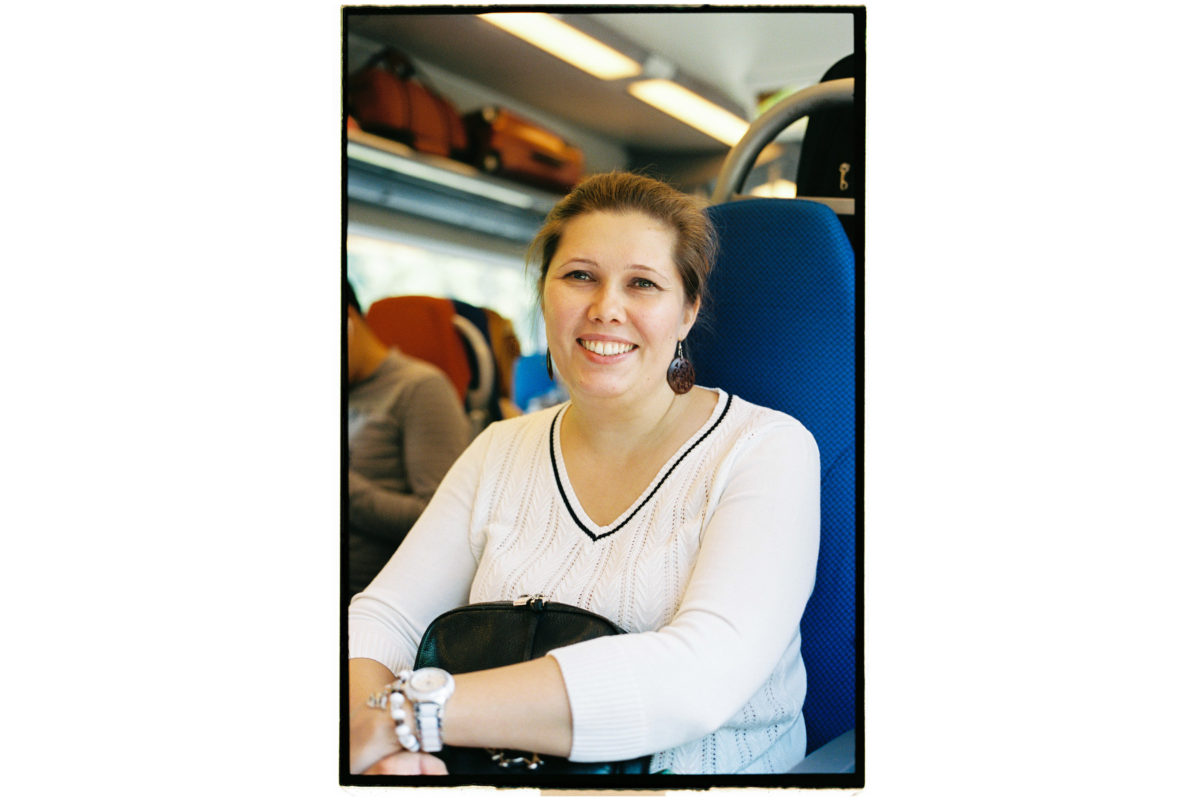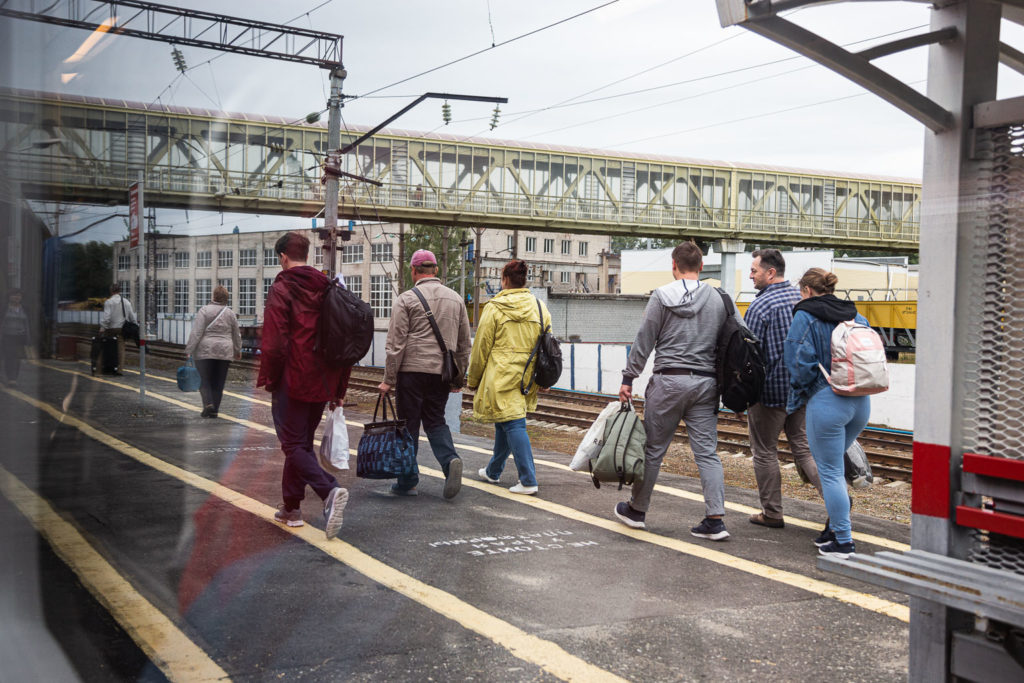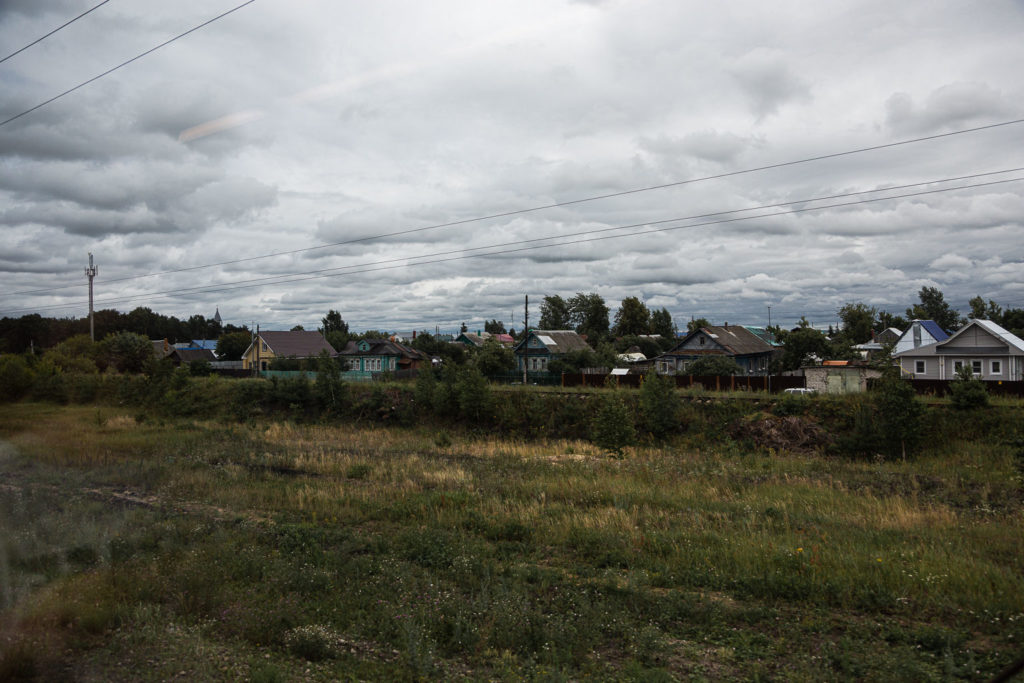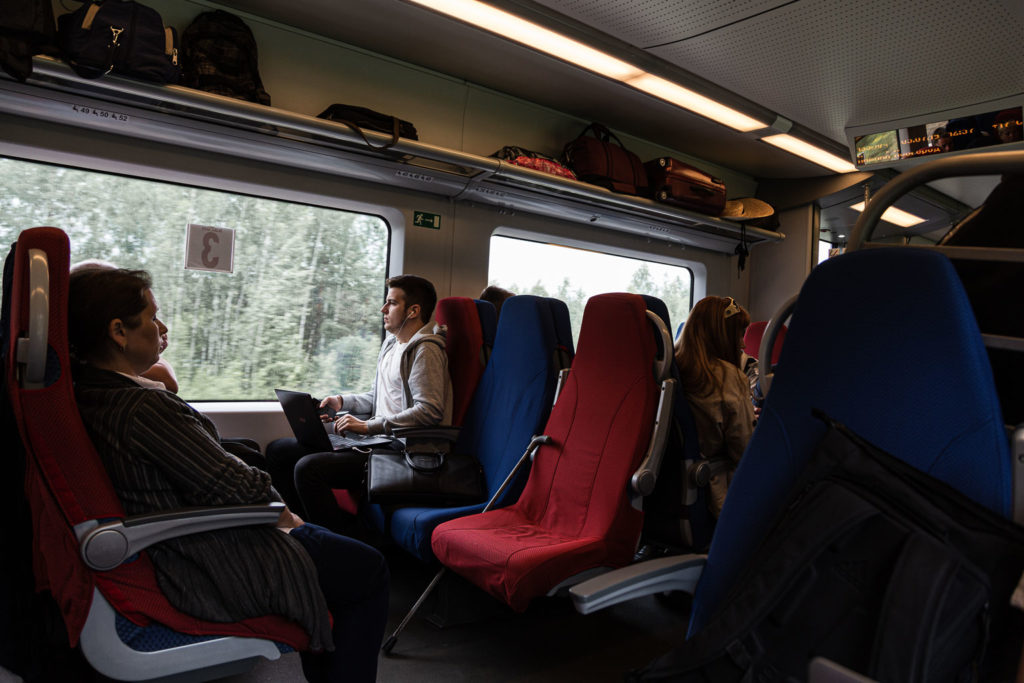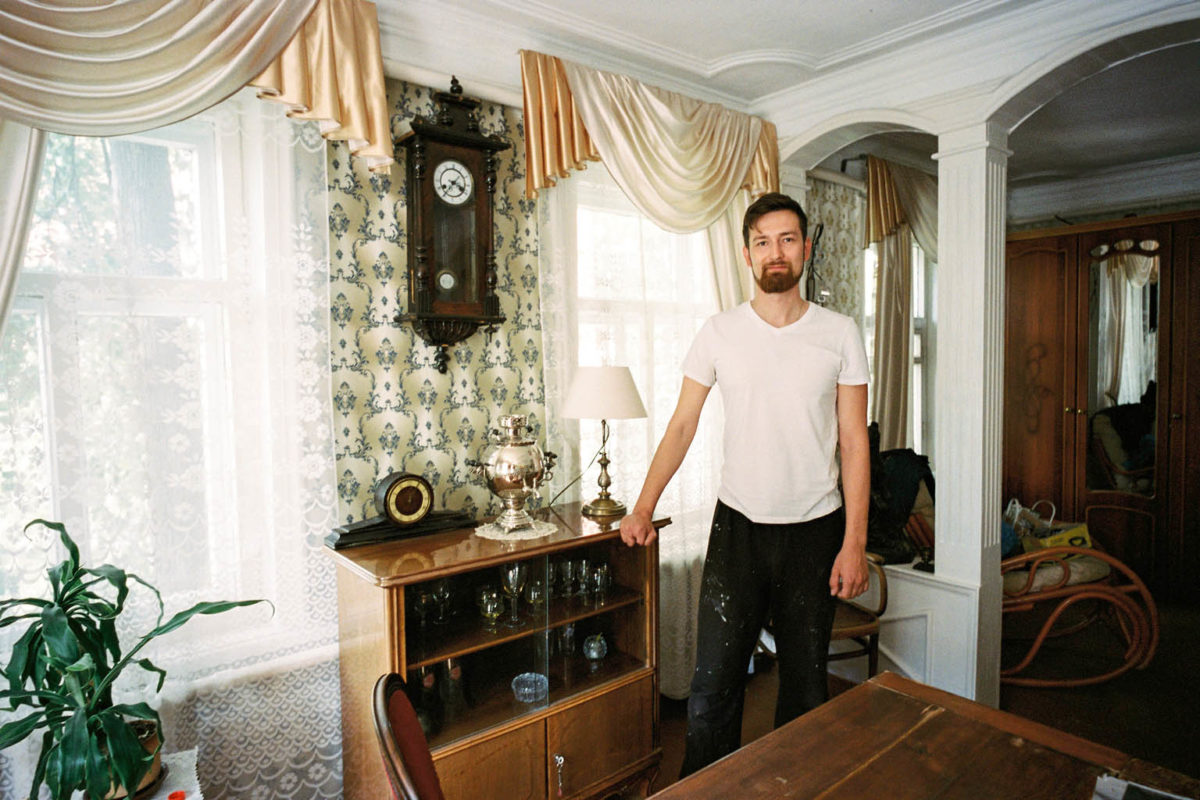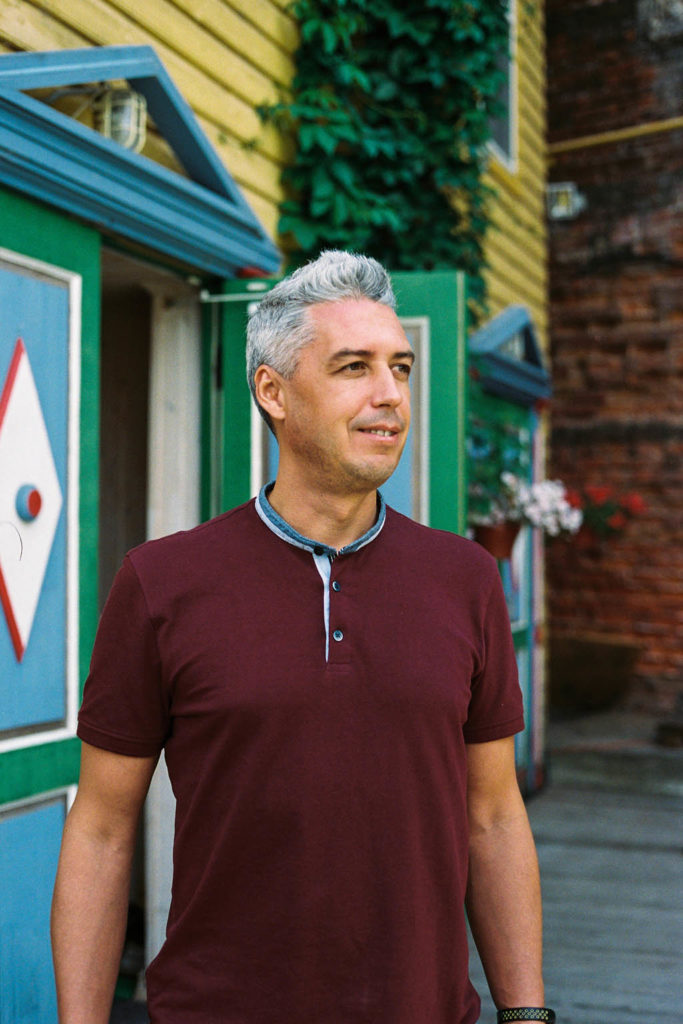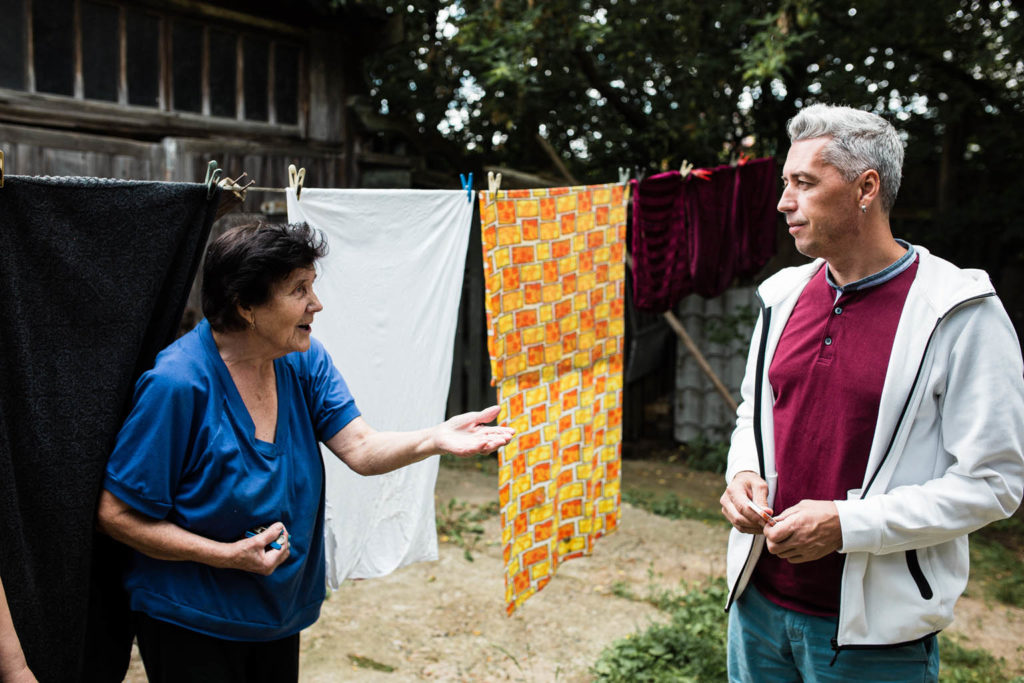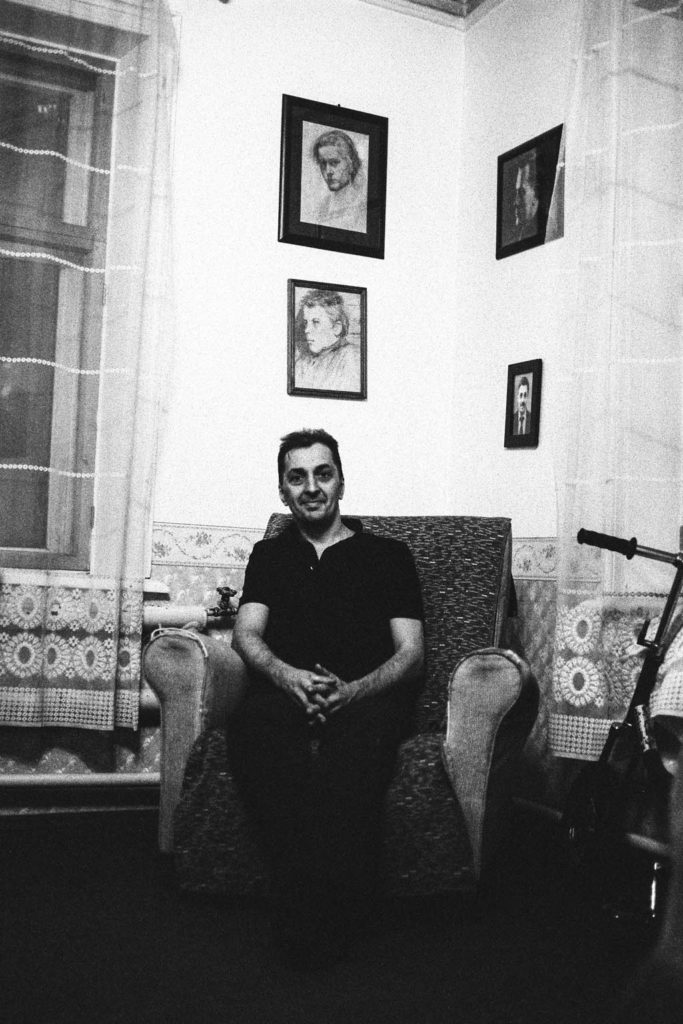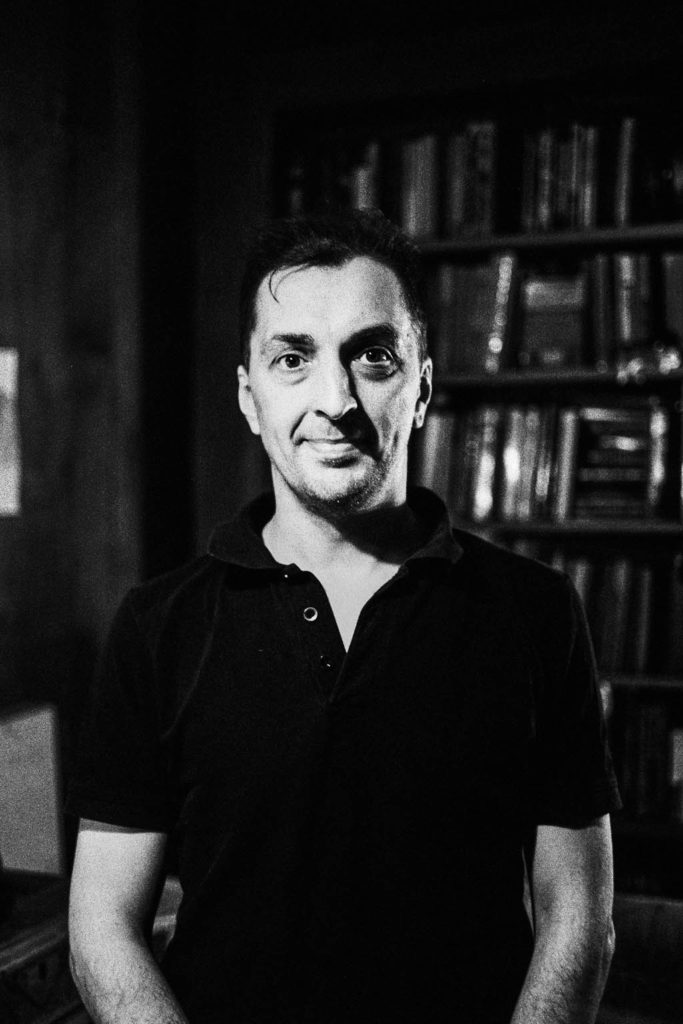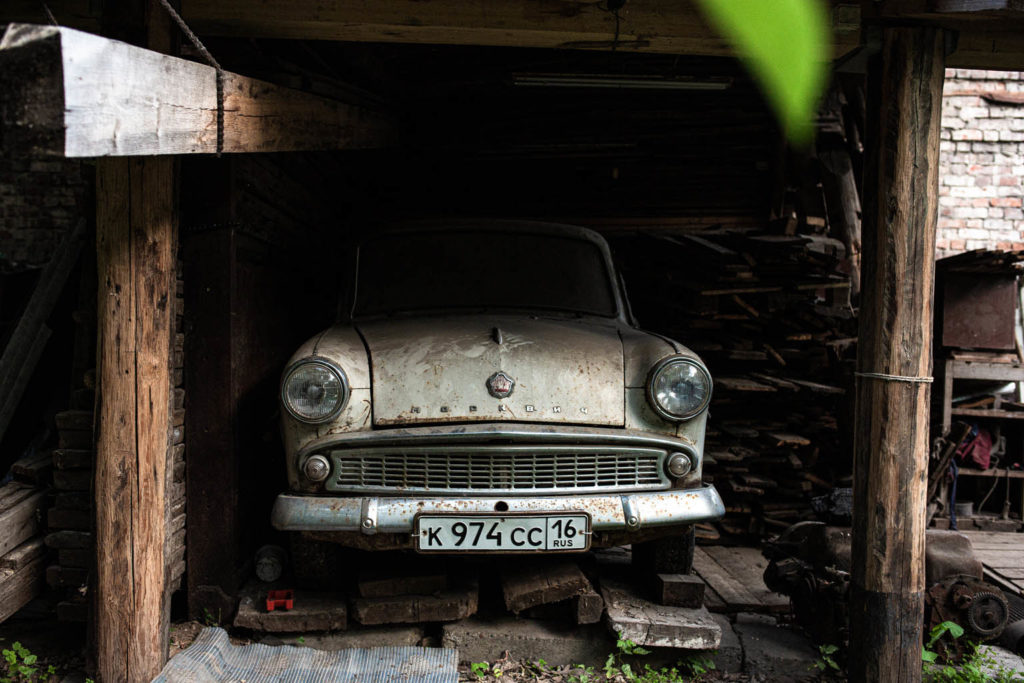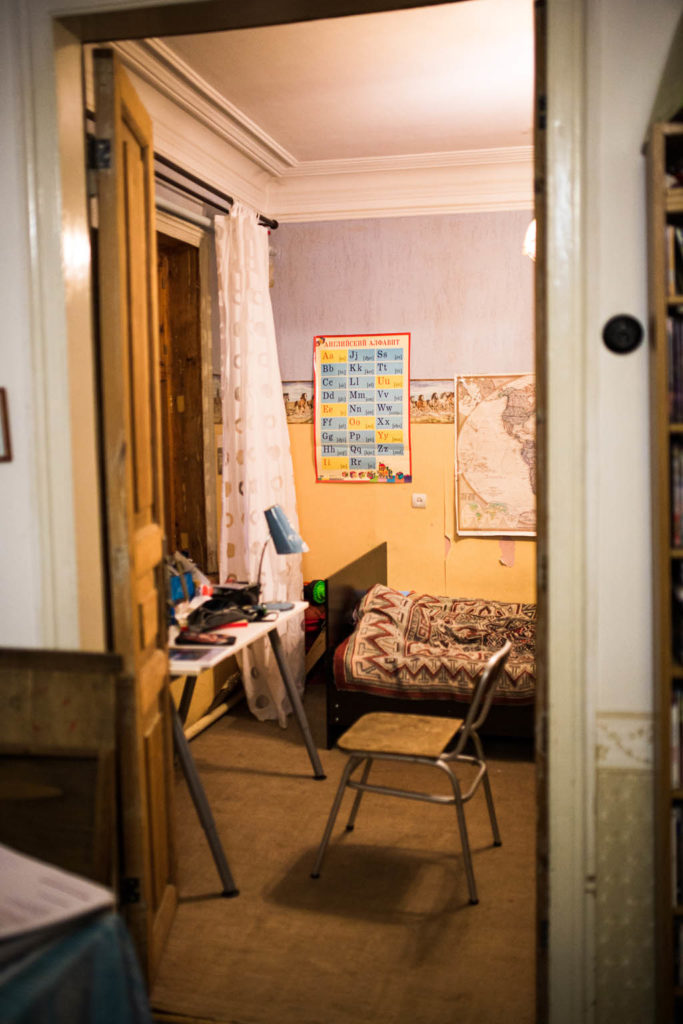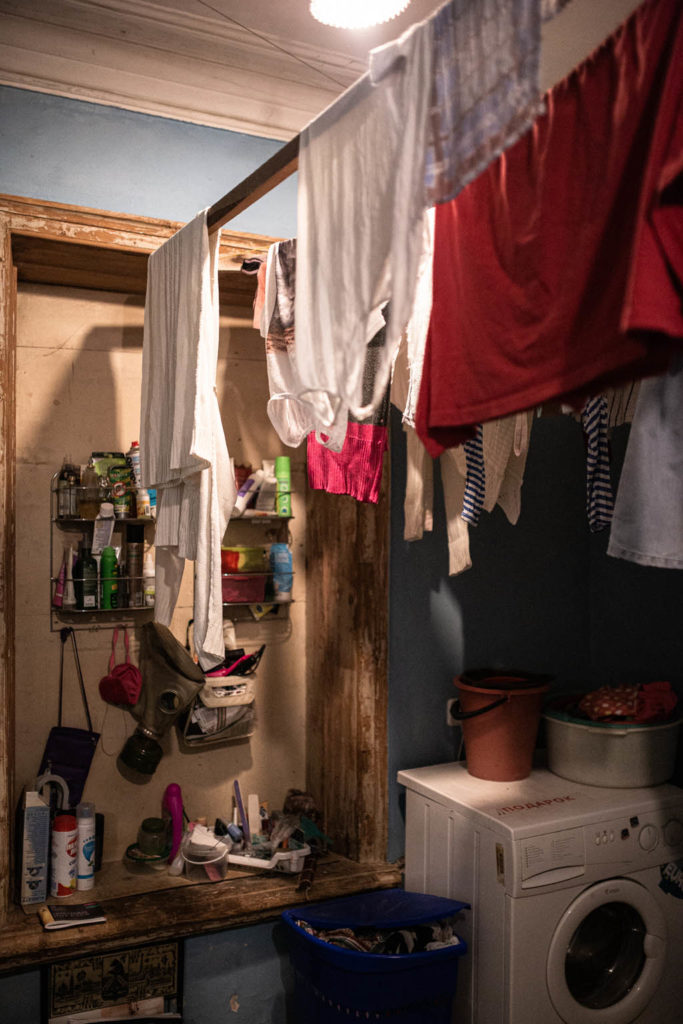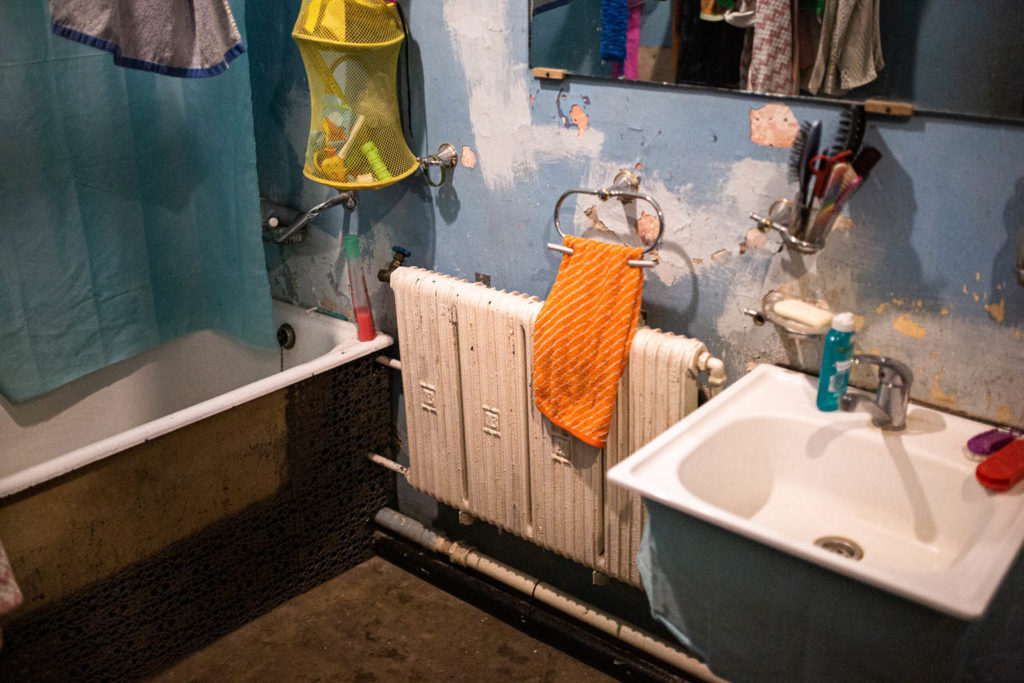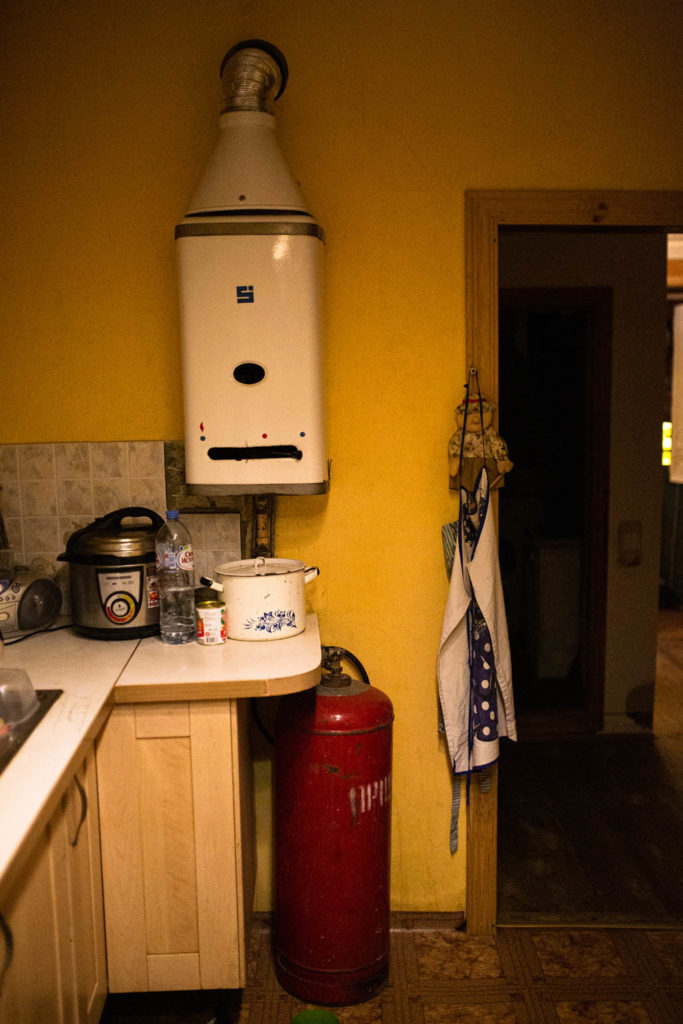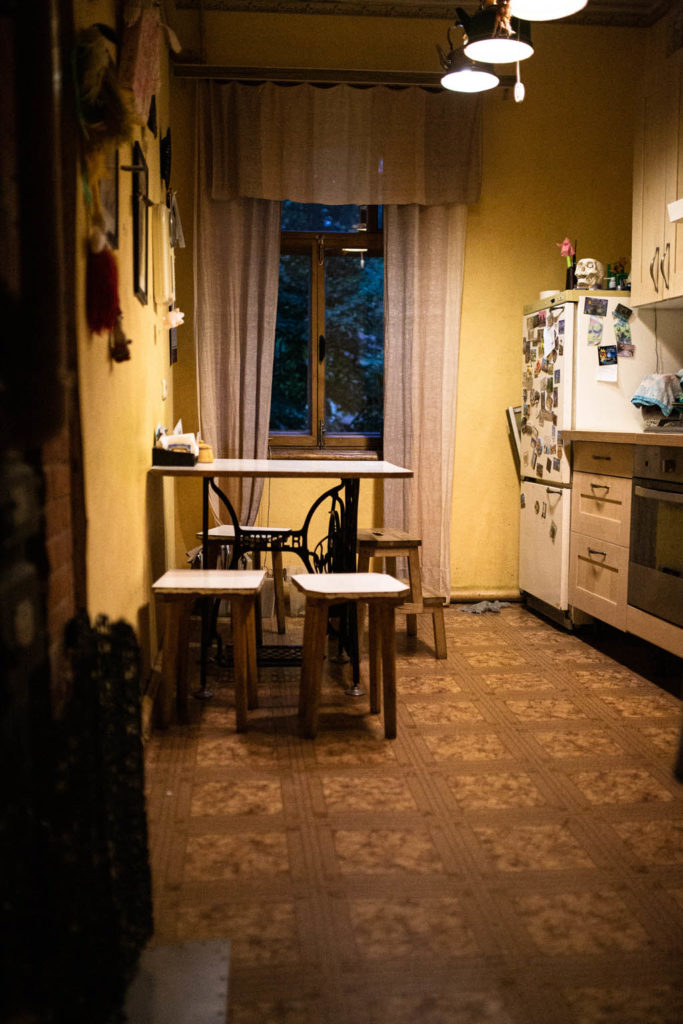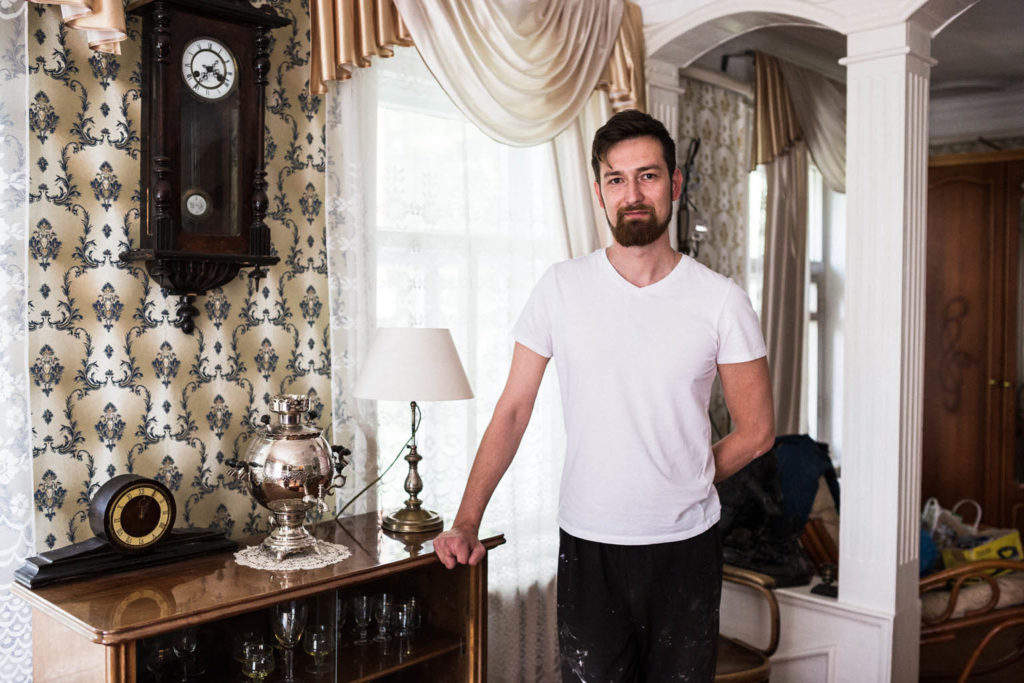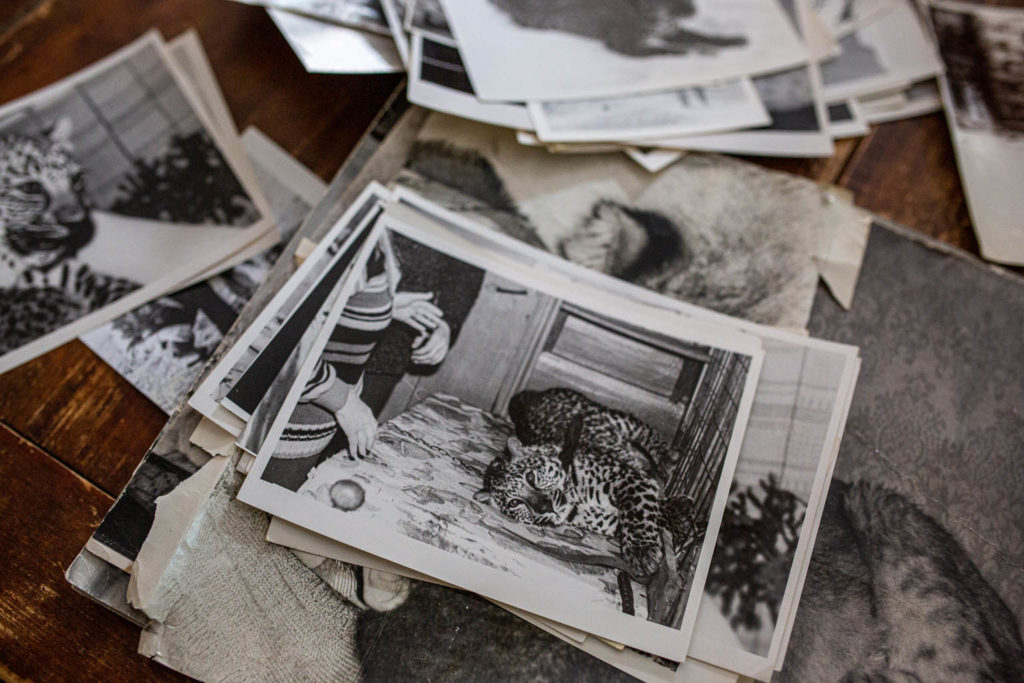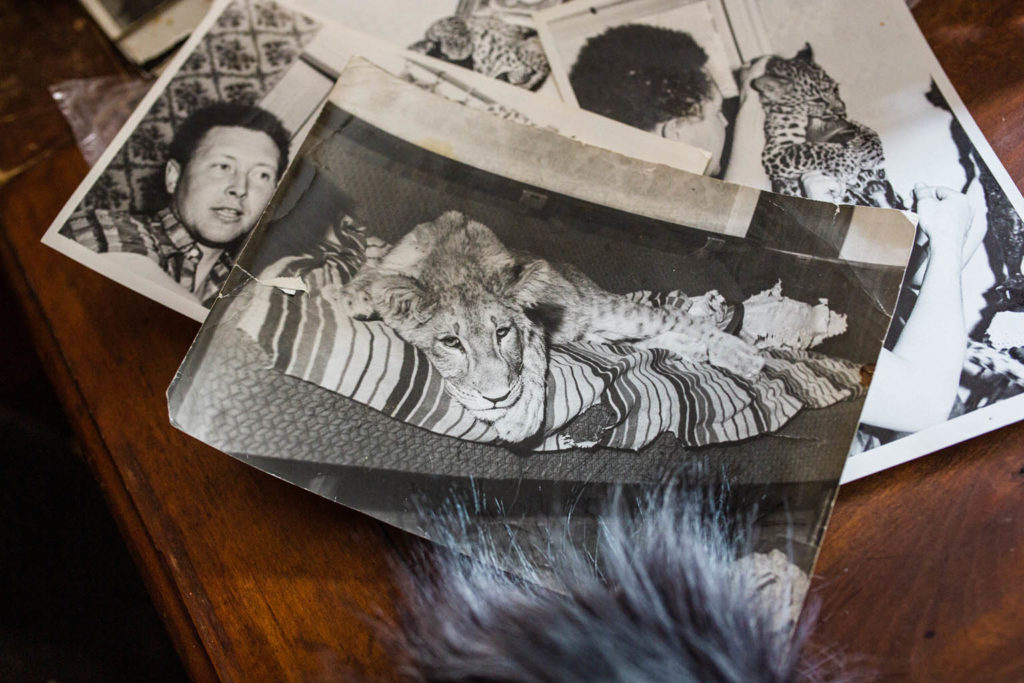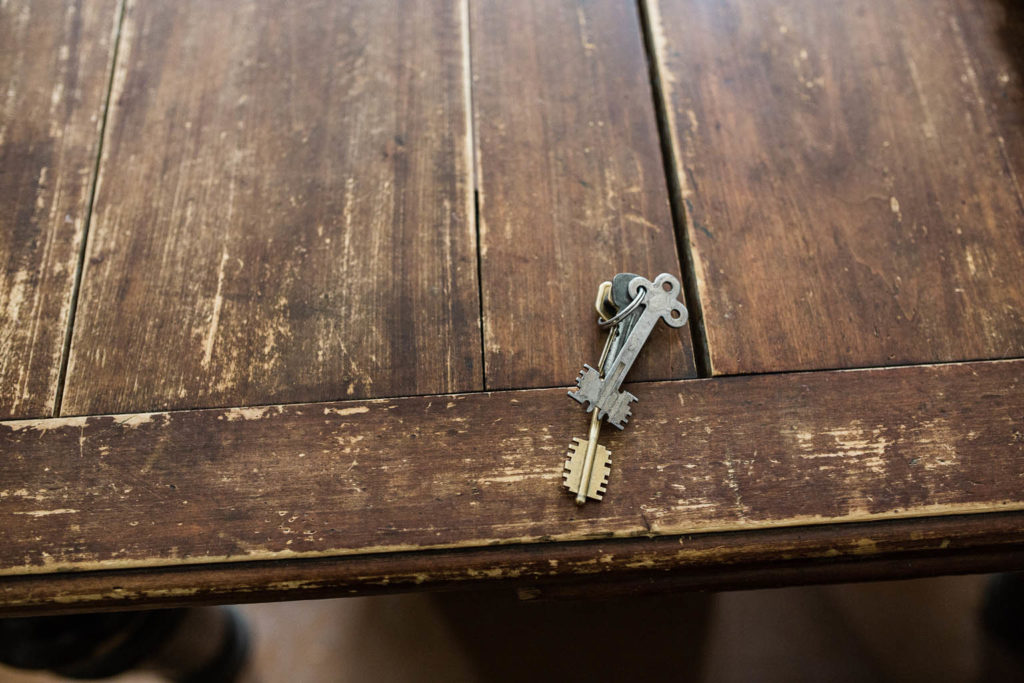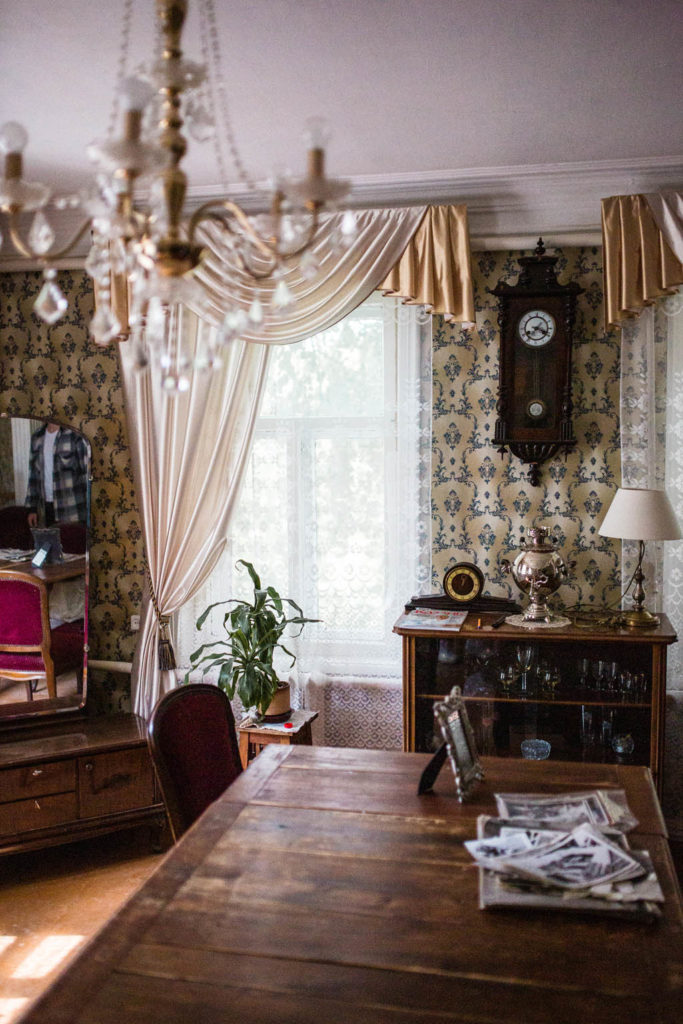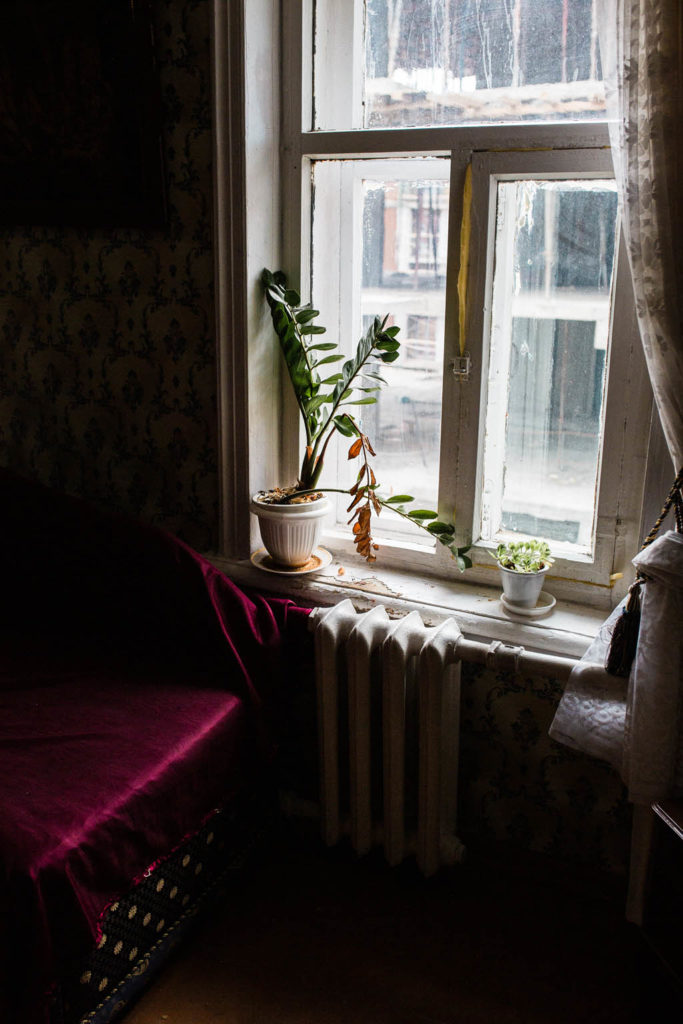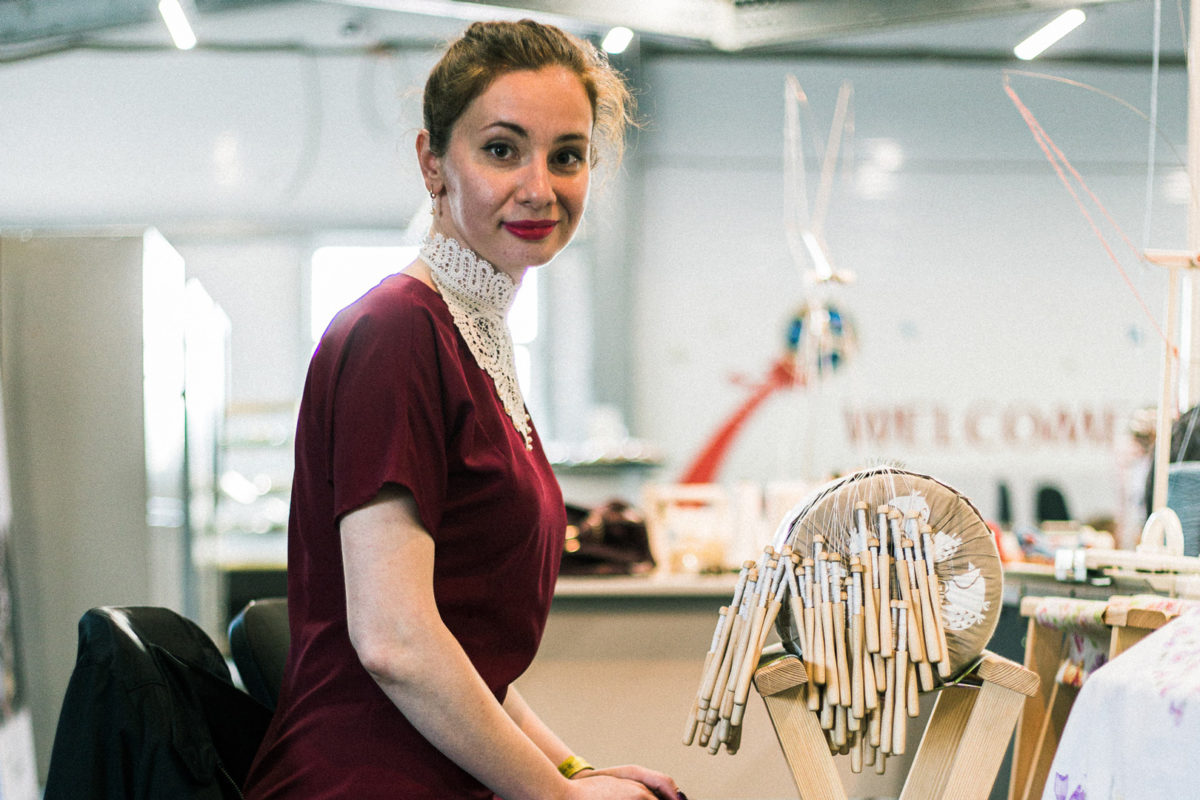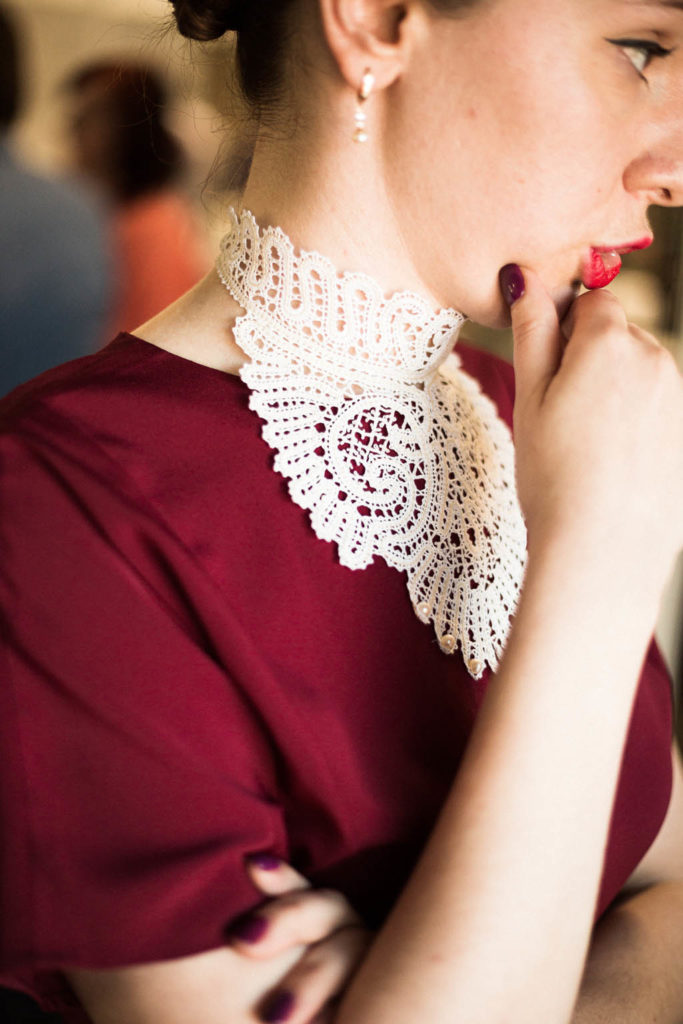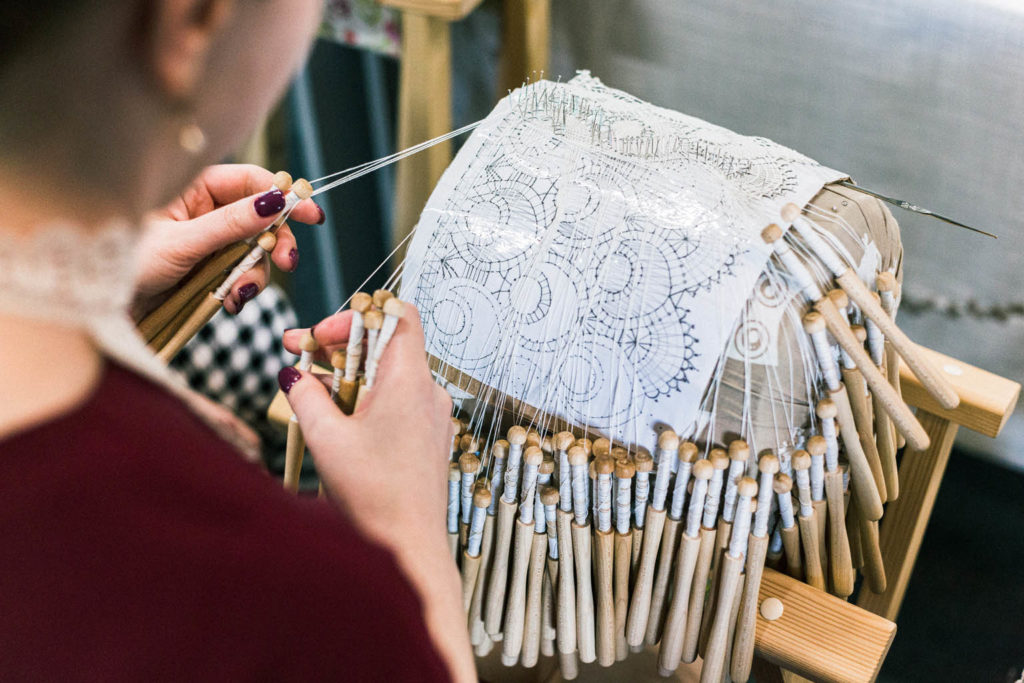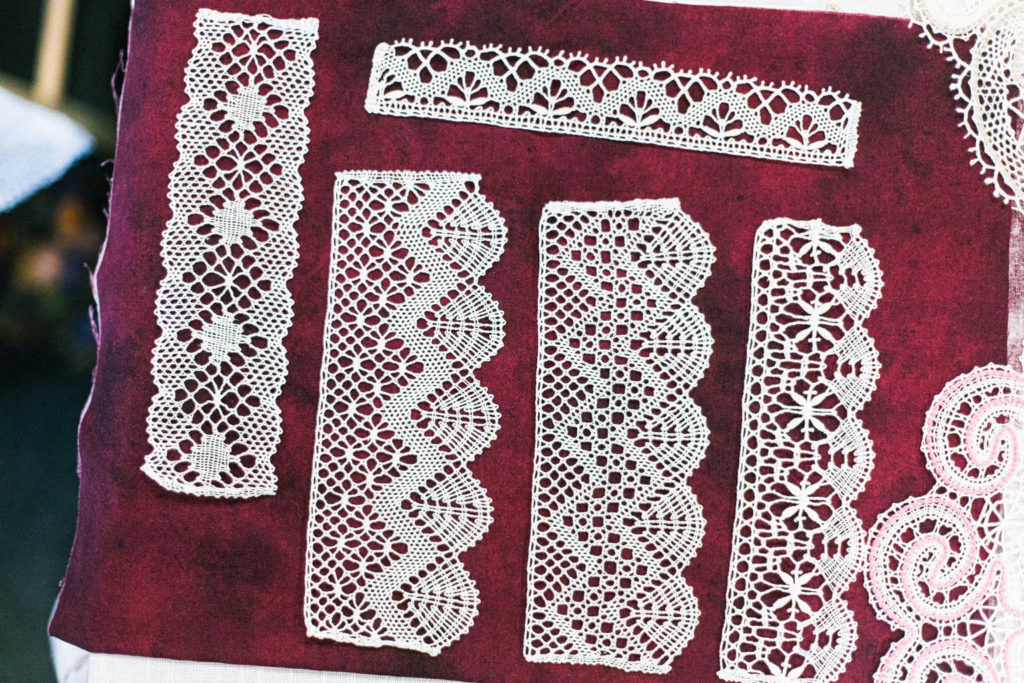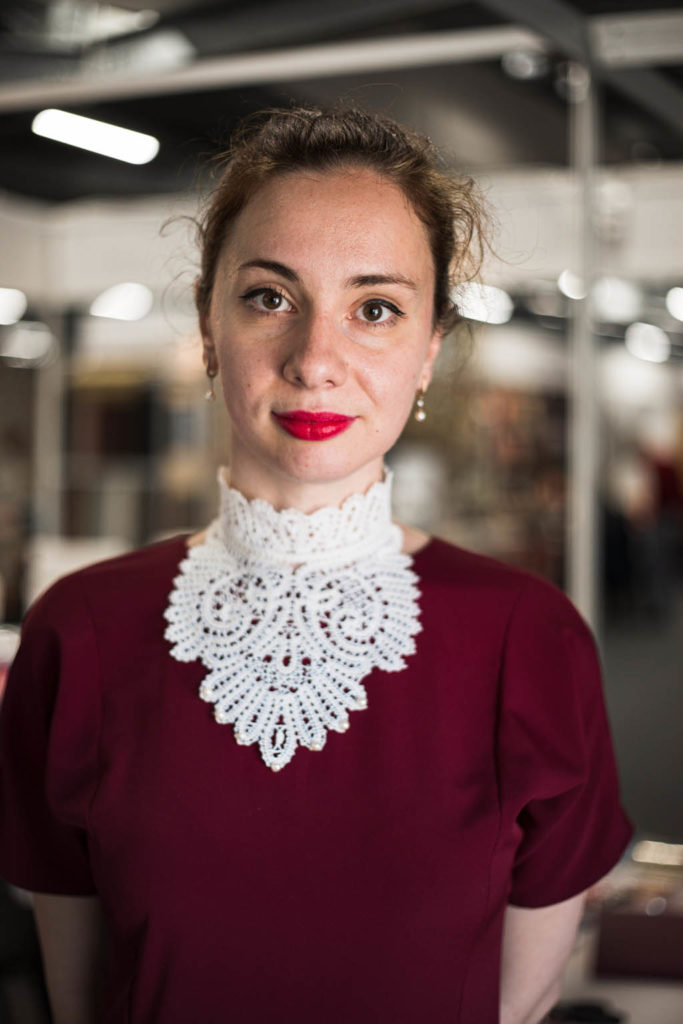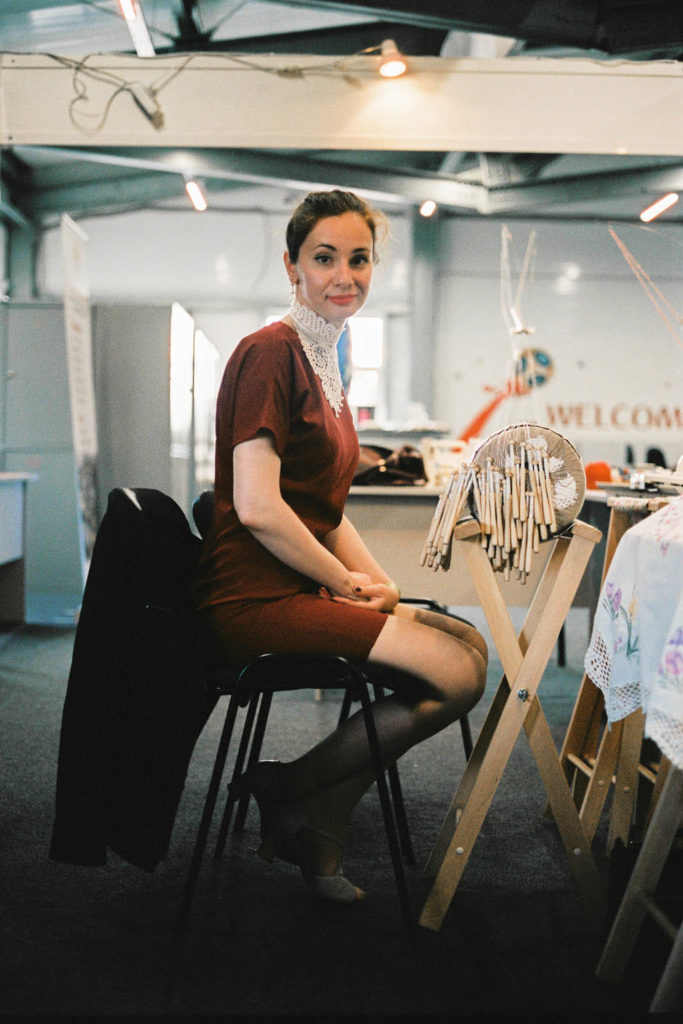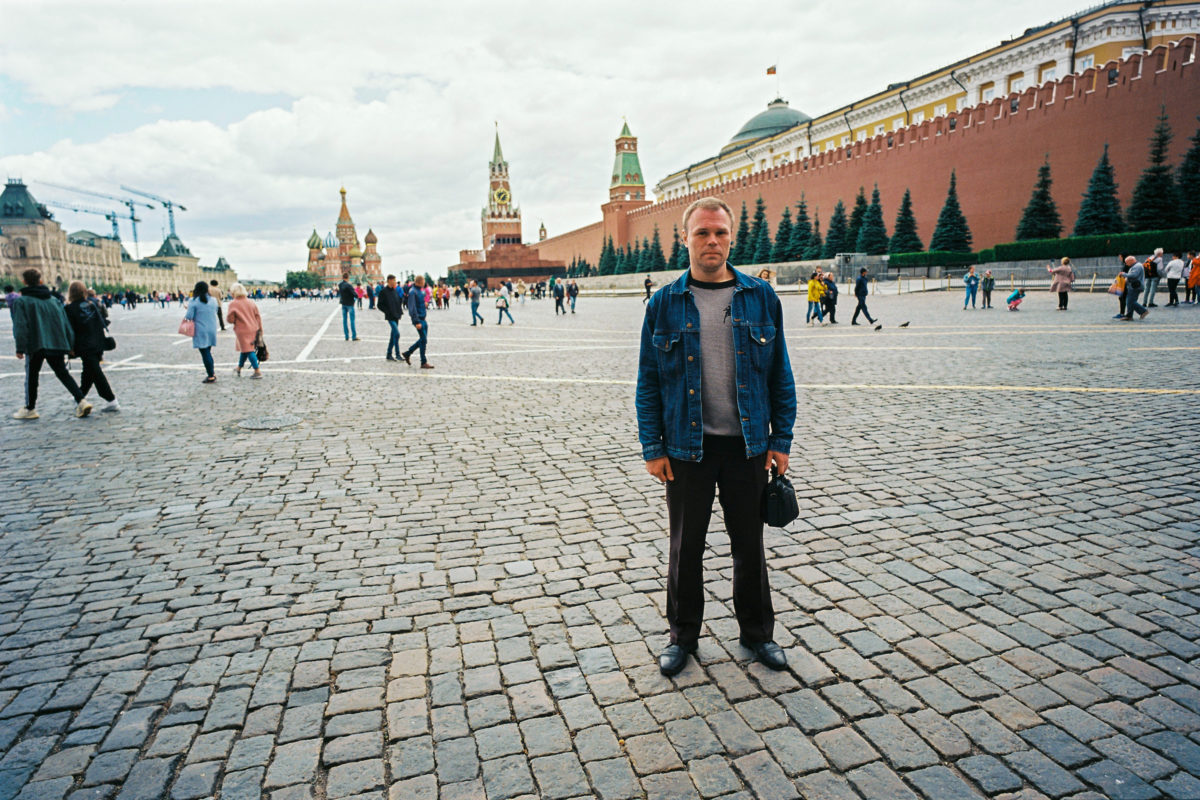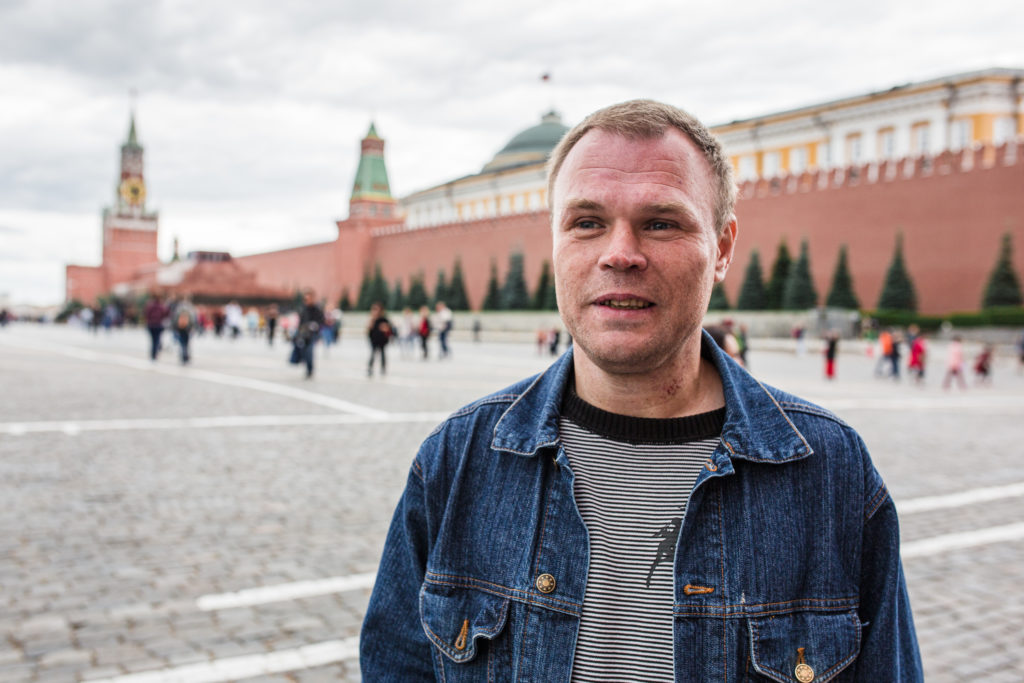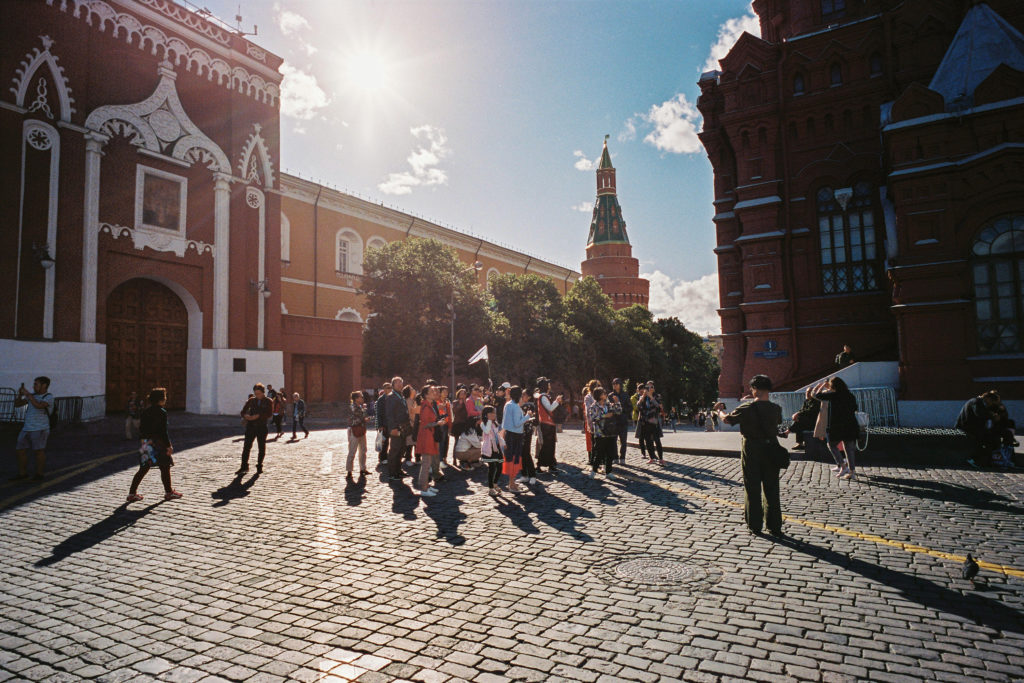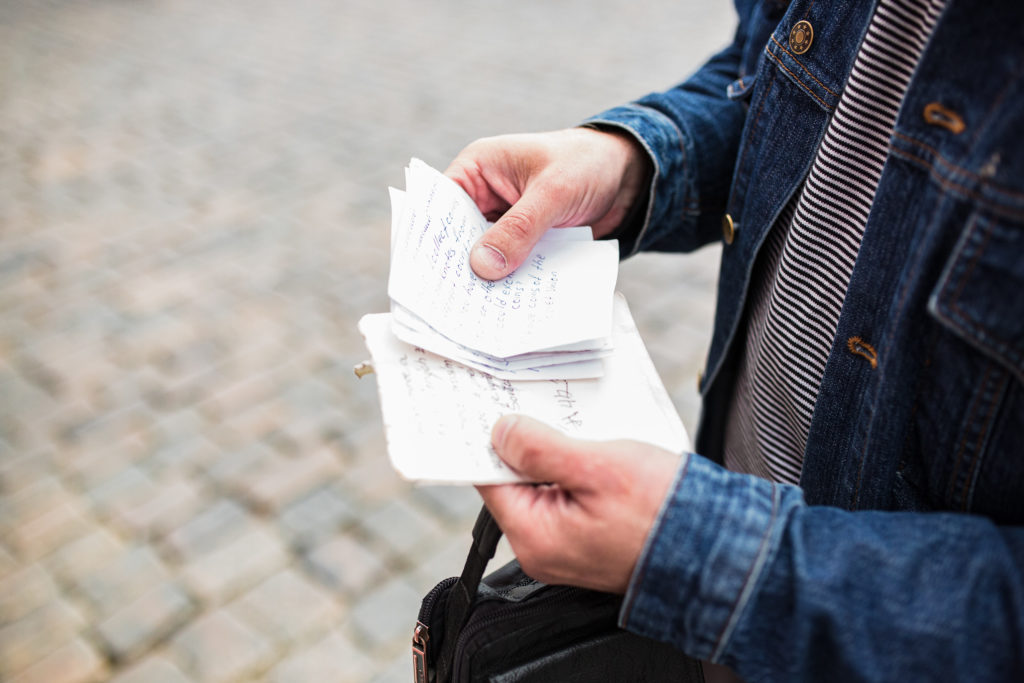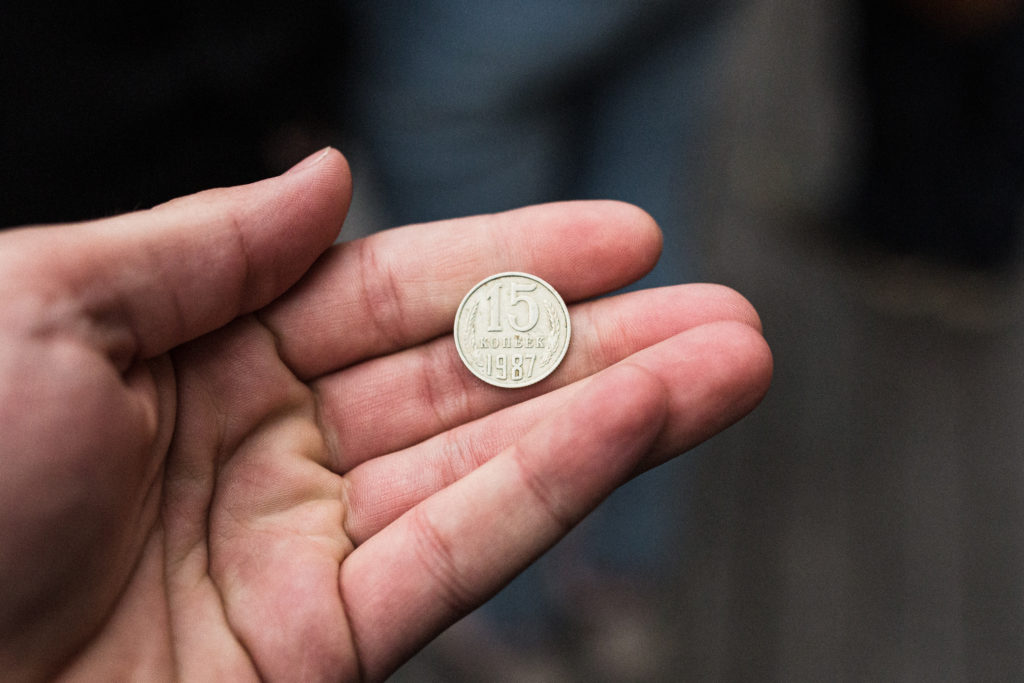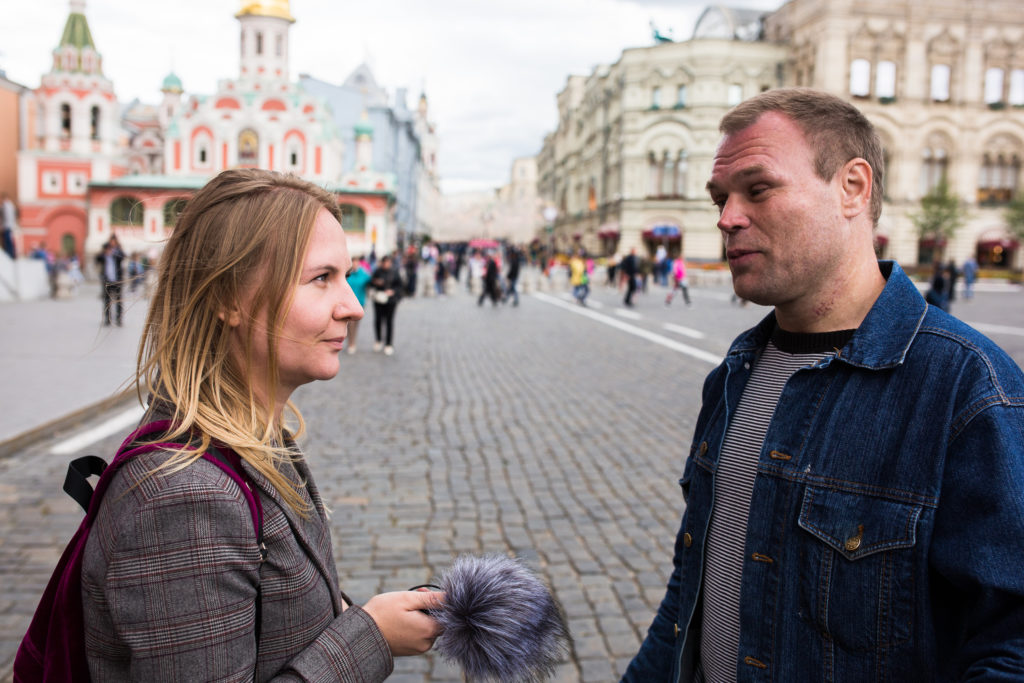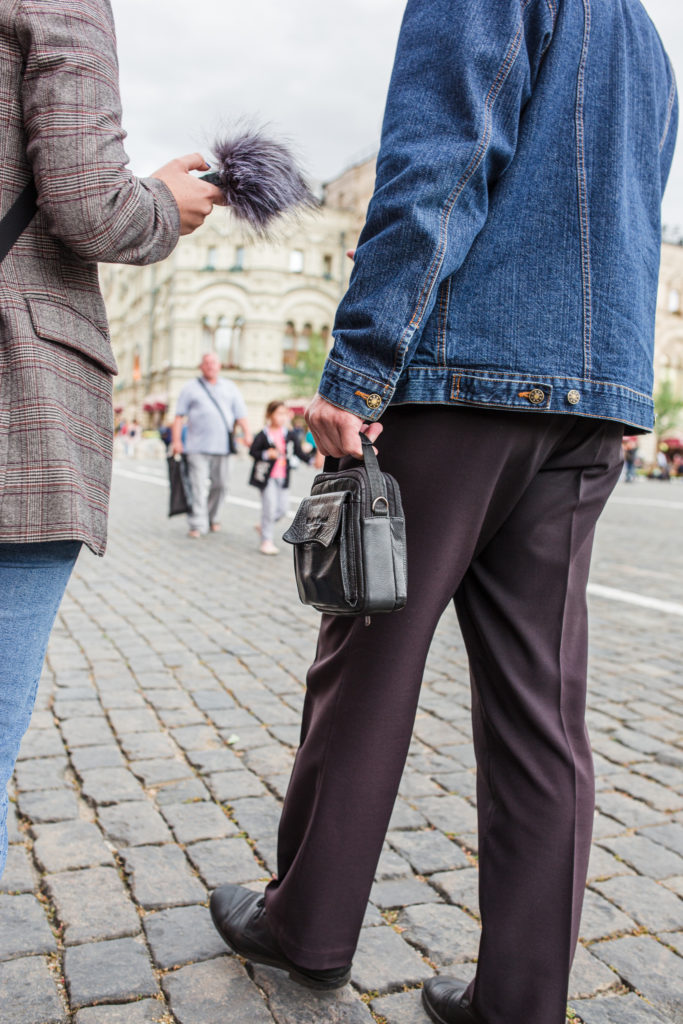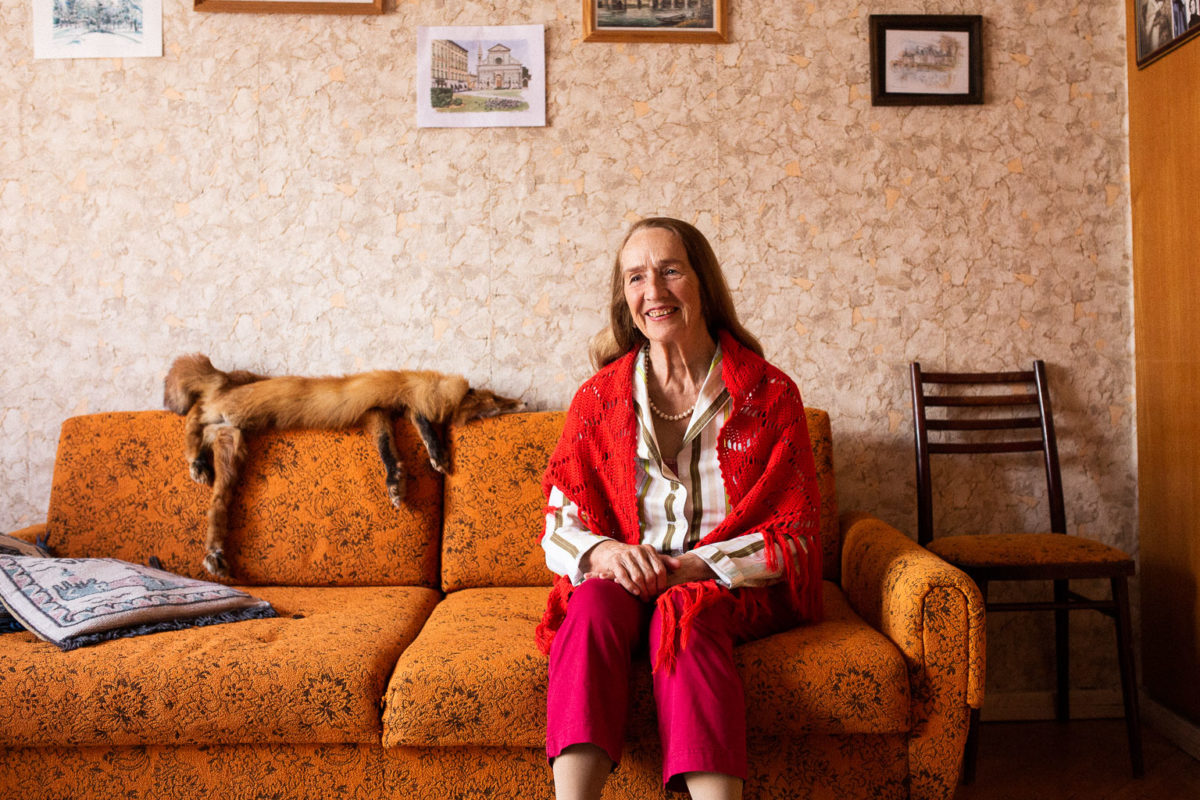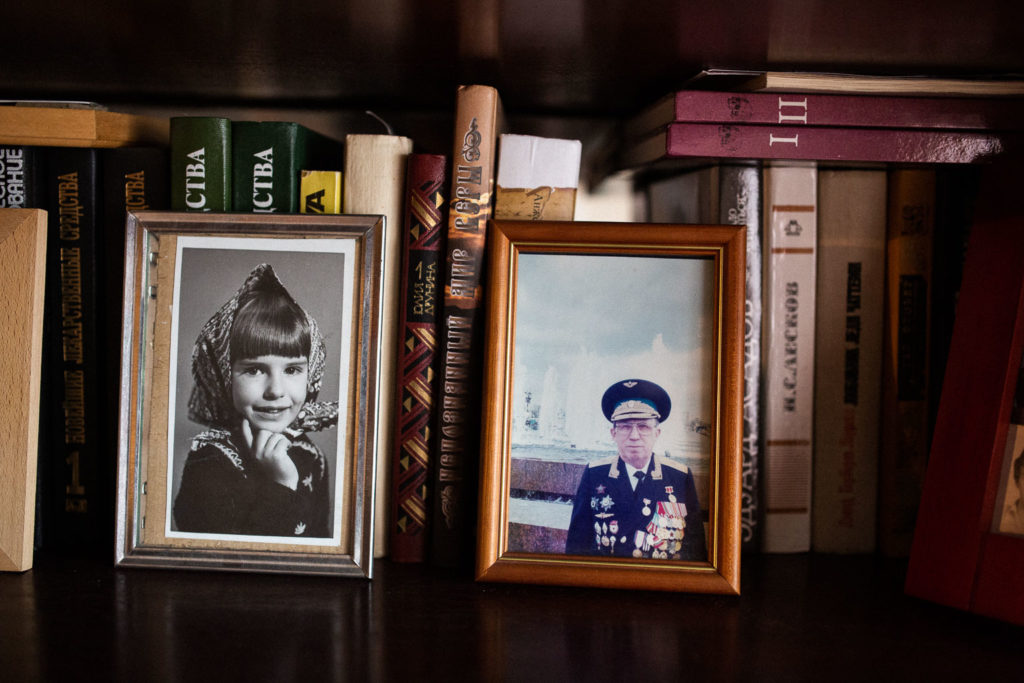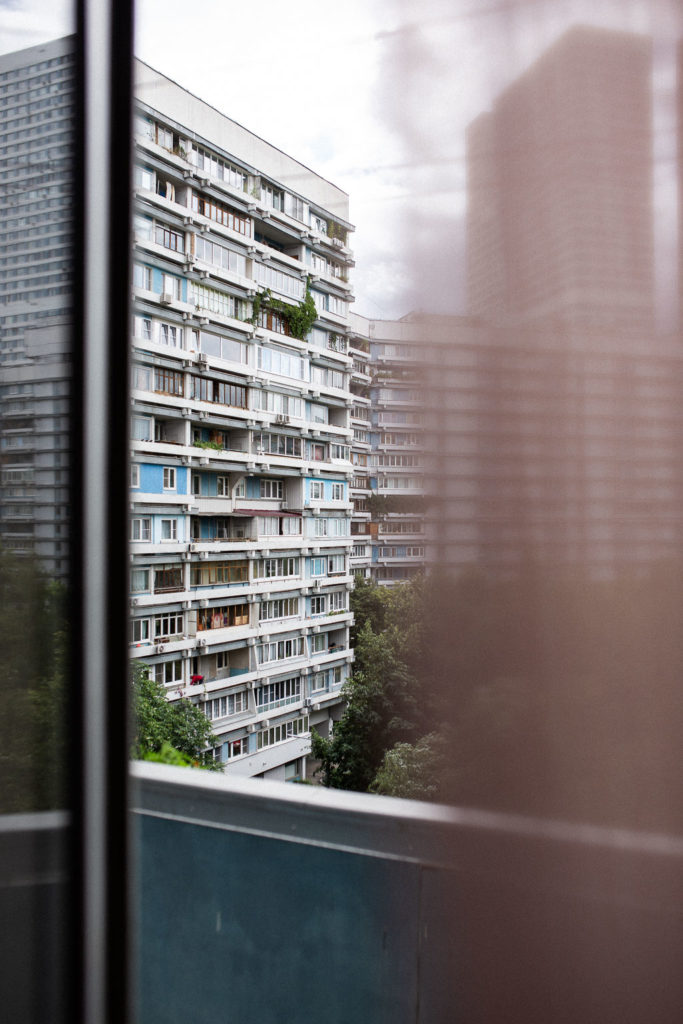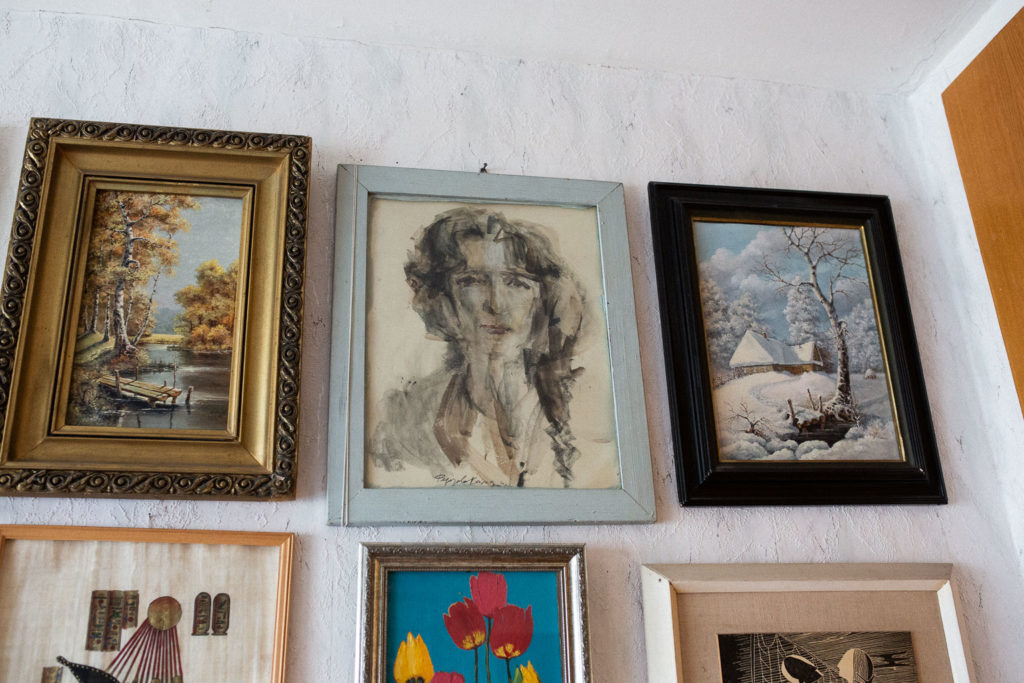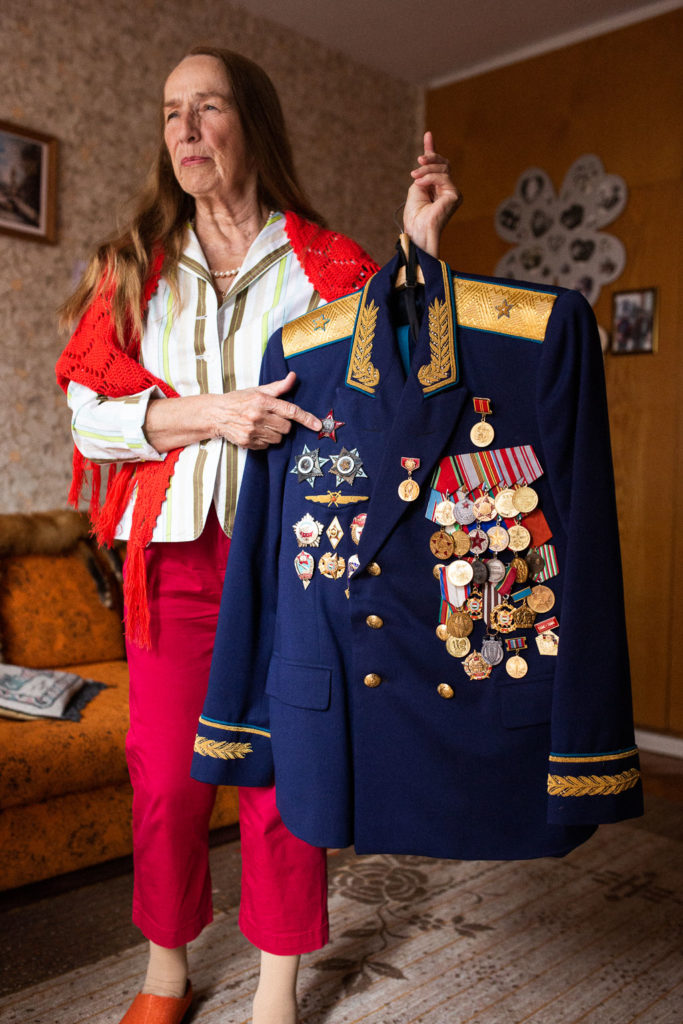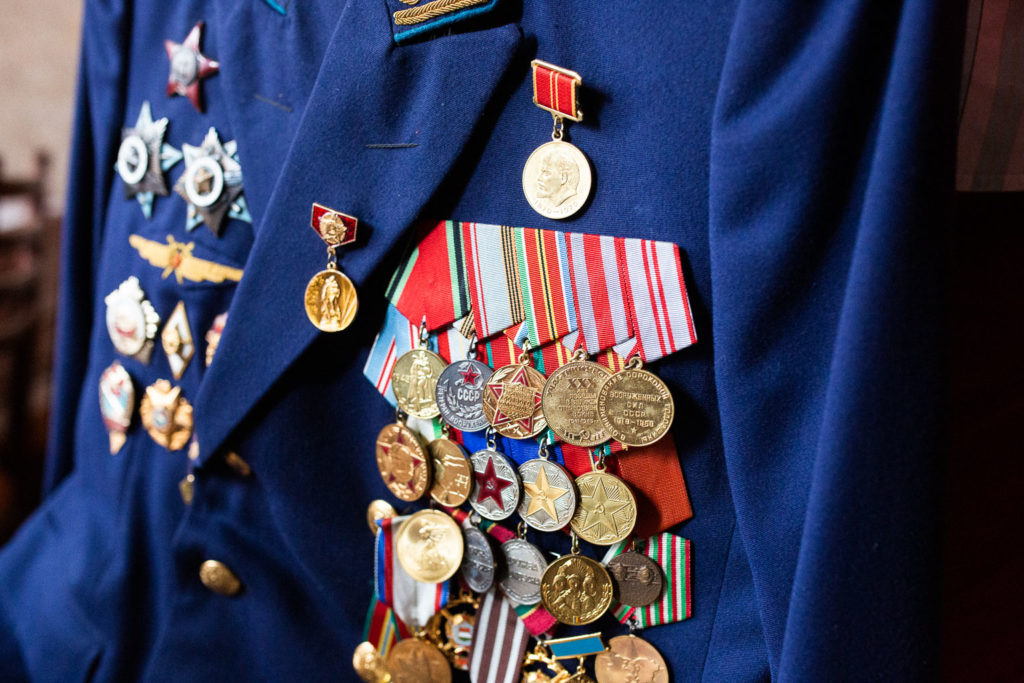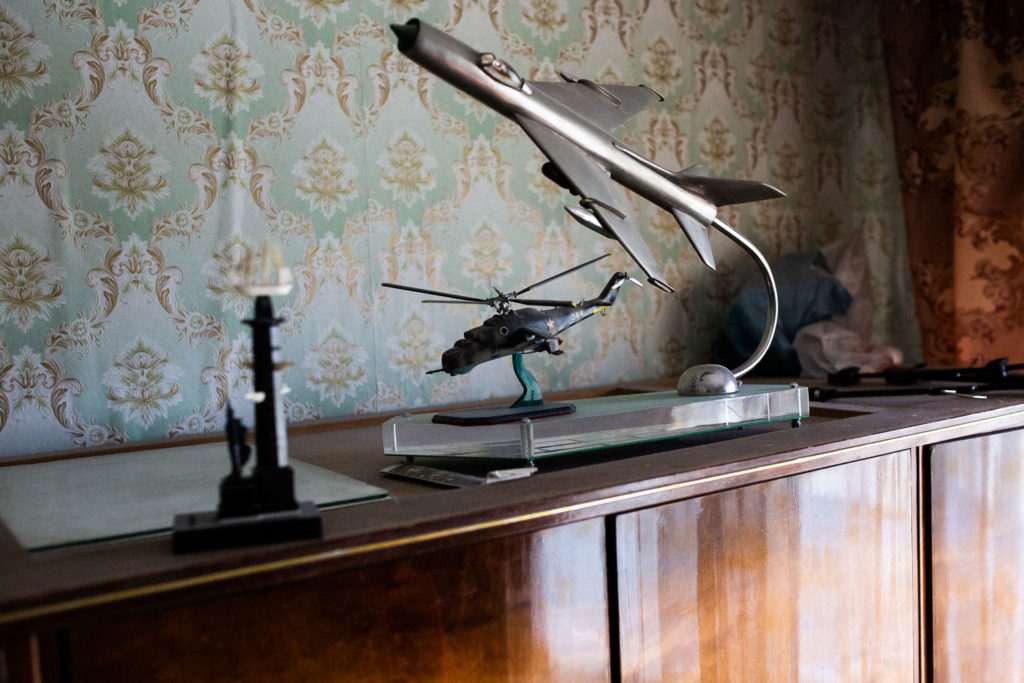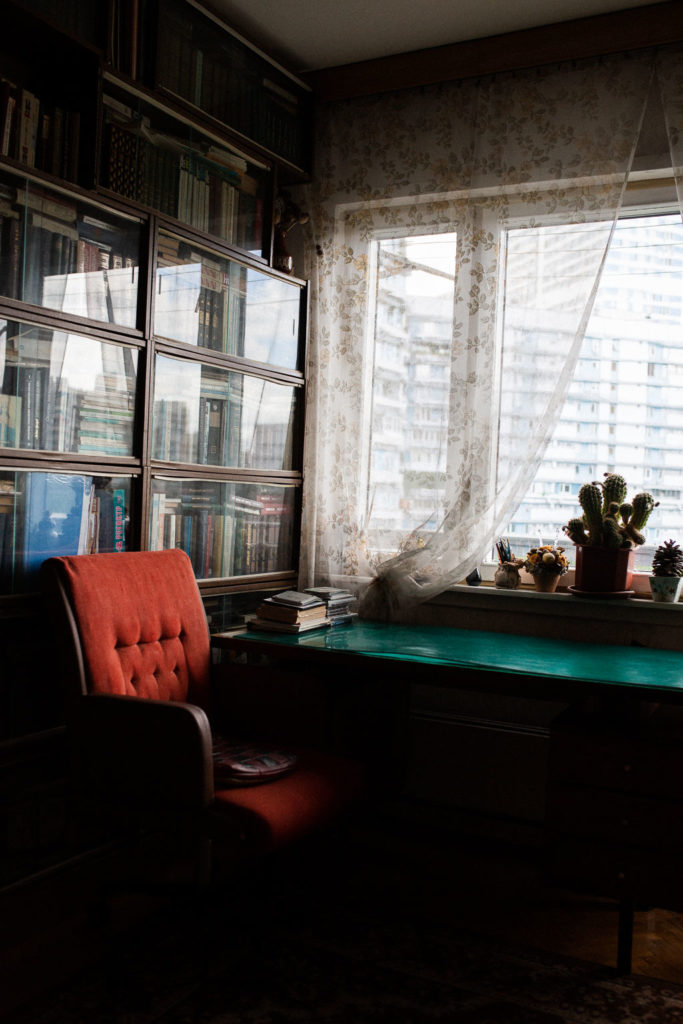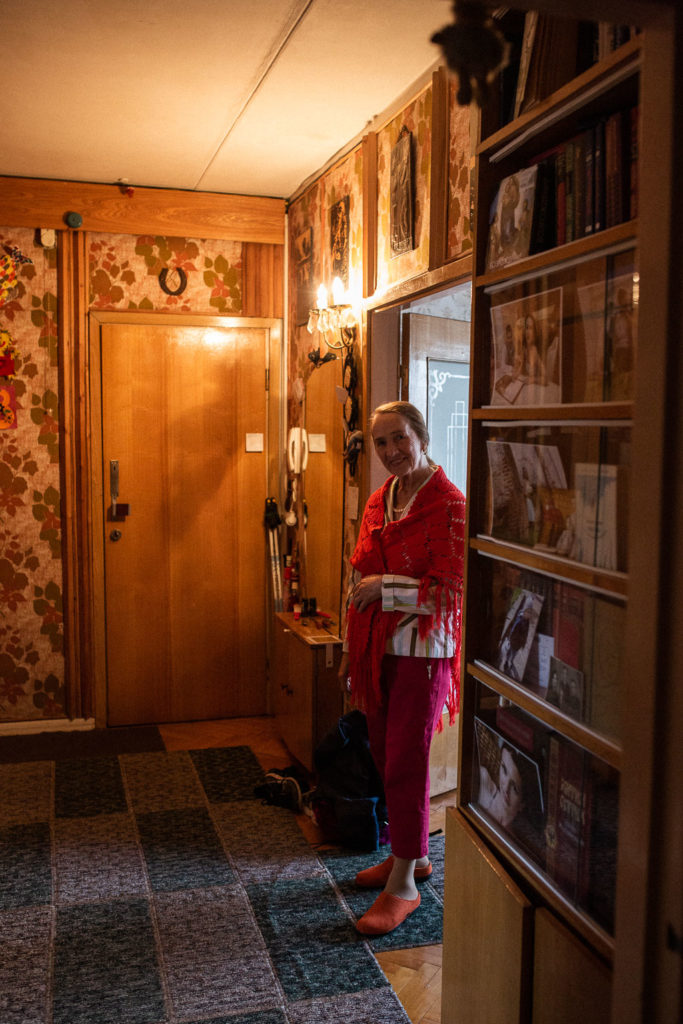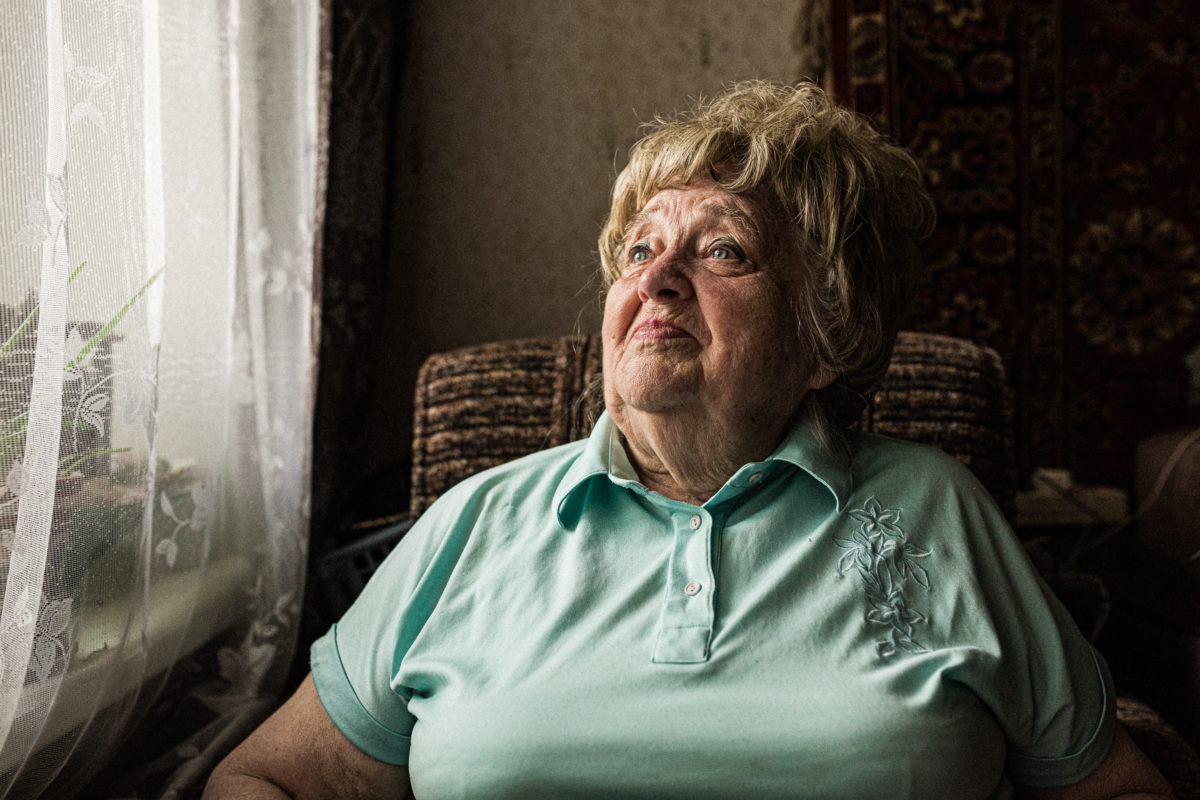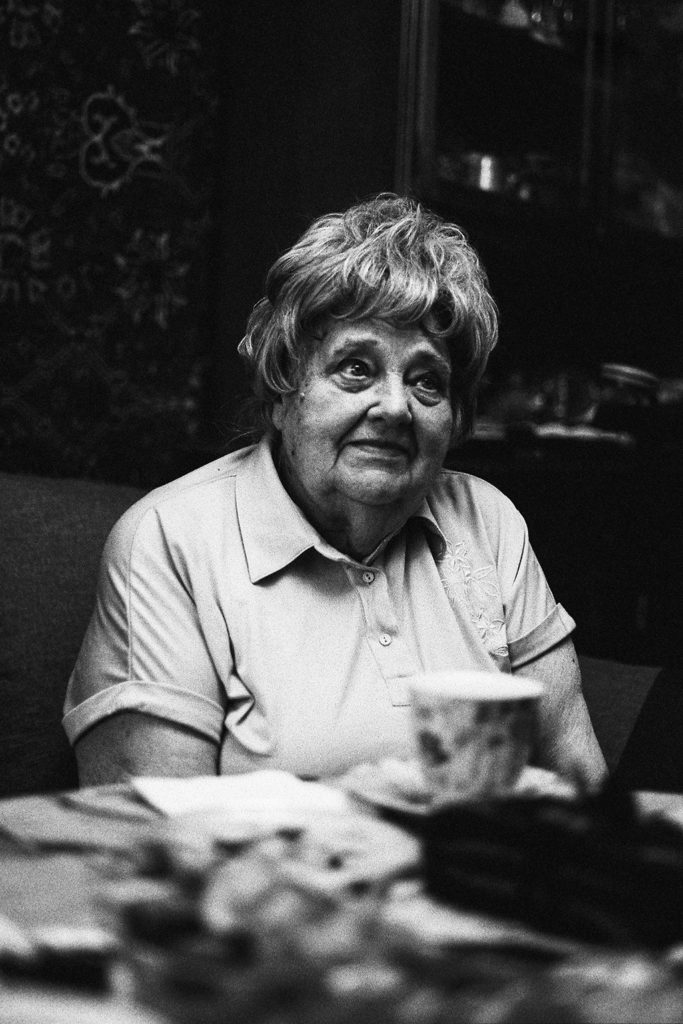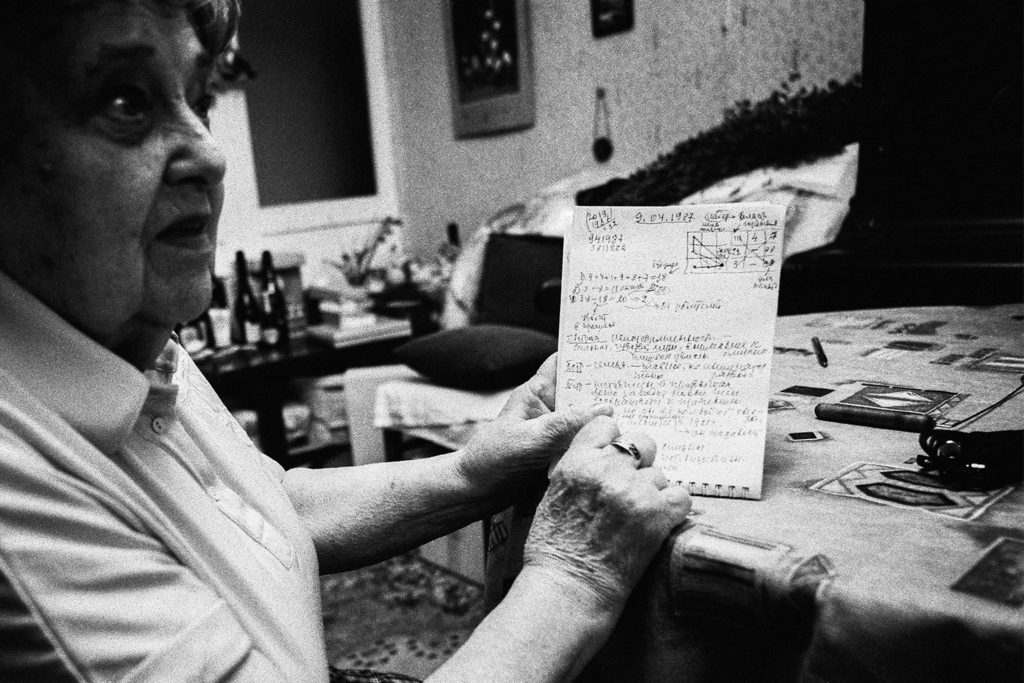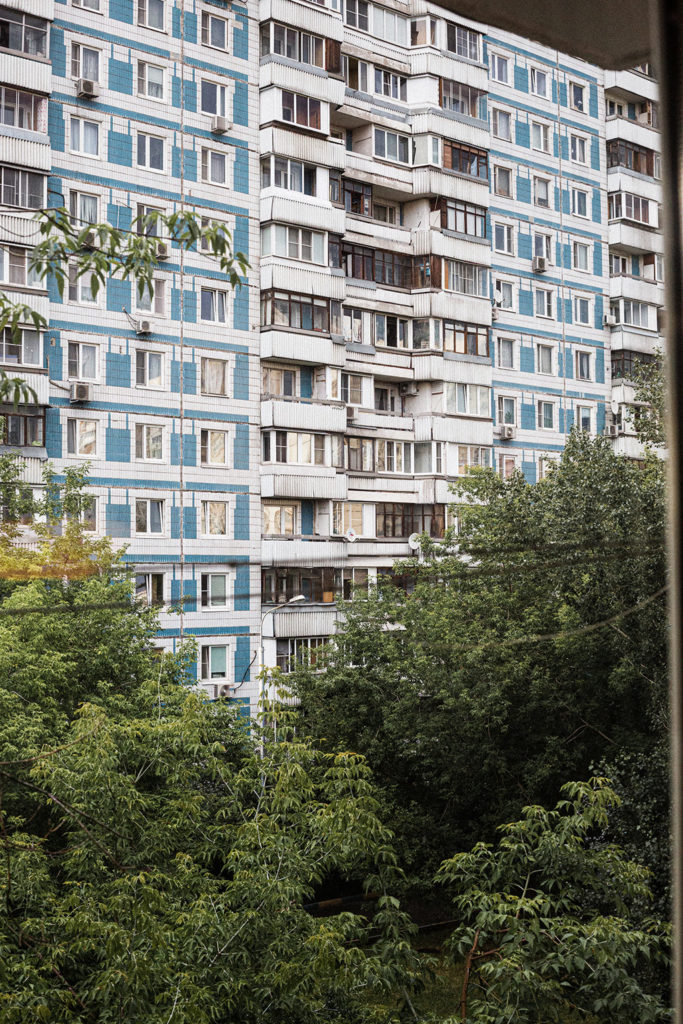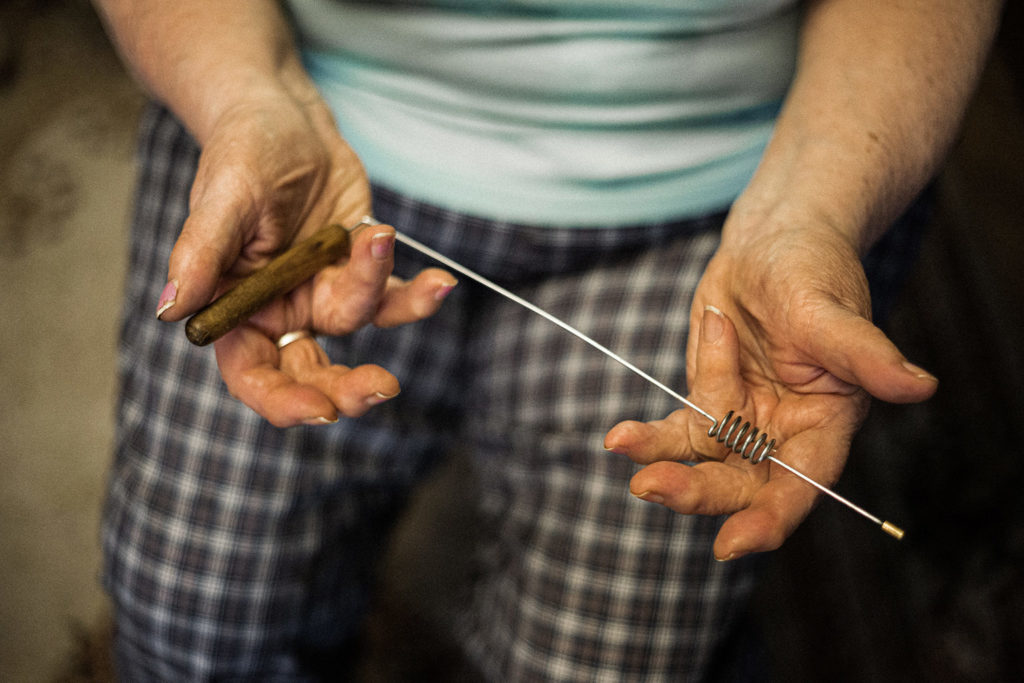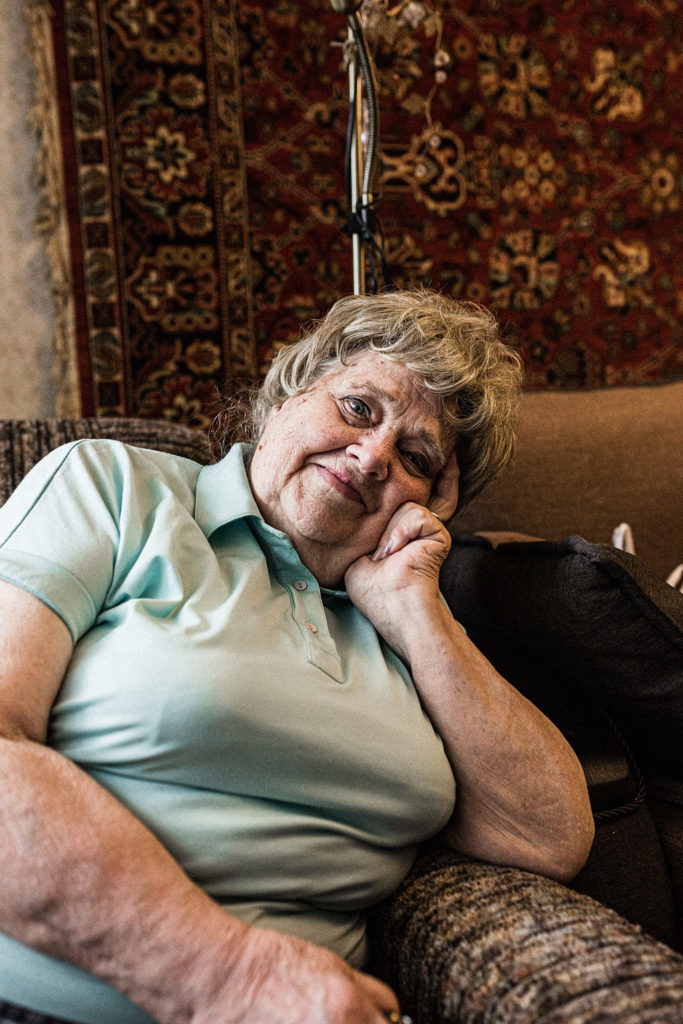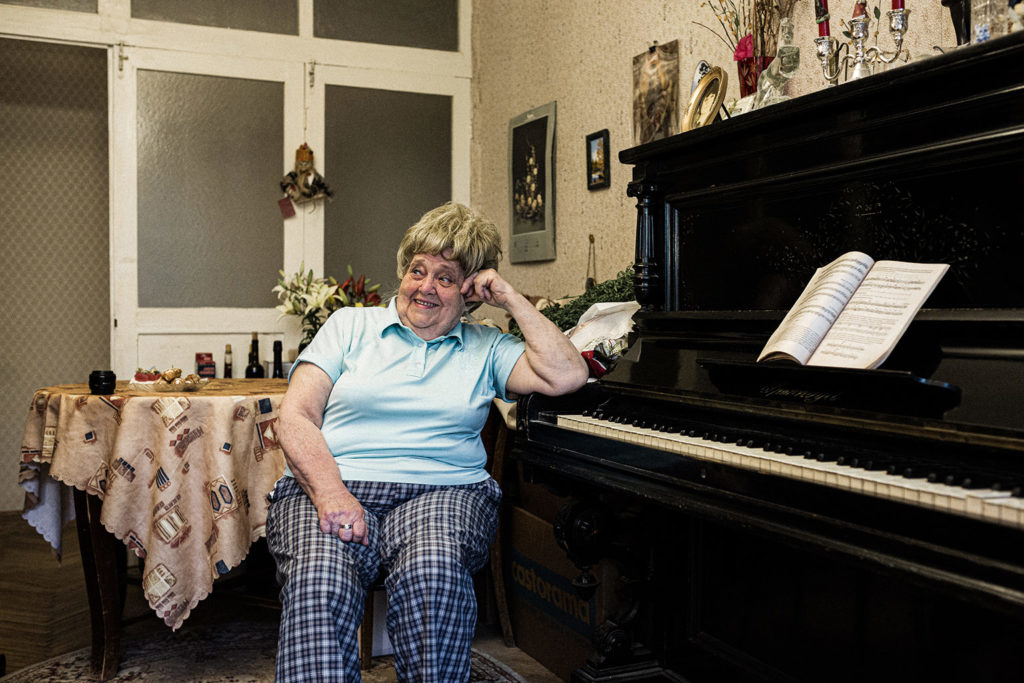Stolbi nature sanctuary is a national park near Krasnoyarsk. The stolbi – “the pillars” – are some of the oldest mountains on our planet. Rocks of unusual beauty and shape, surrounded by endless taiga.
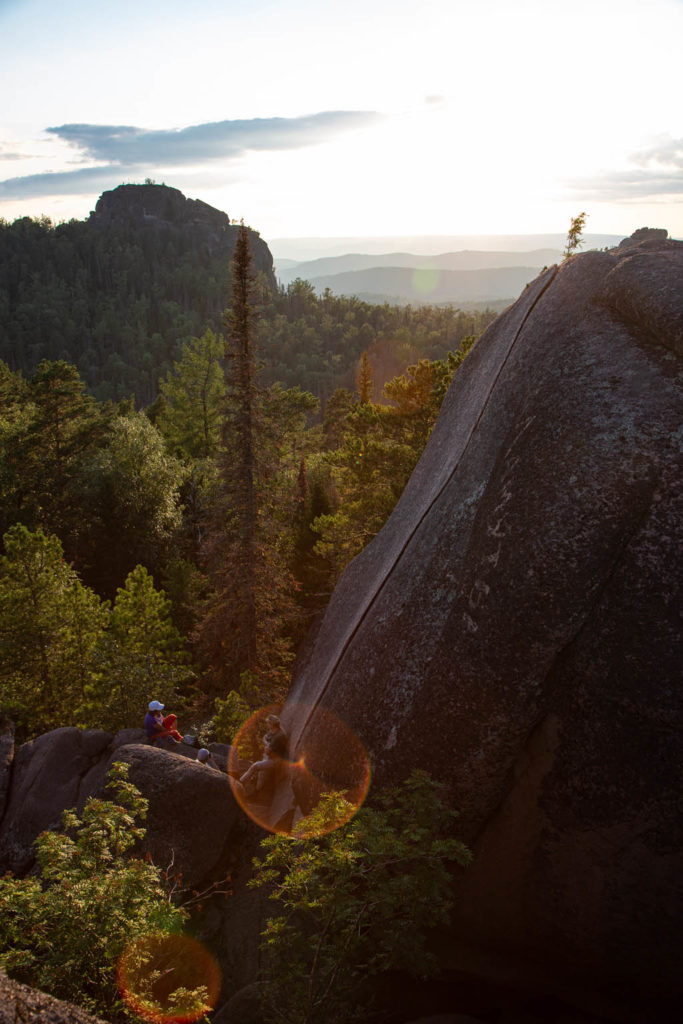
Throughout the last centuries Stolbi became more meaningful for a local community than just a national park. It became the symbol of a whole subculture. All this time, Stolbi has been pulling in all sorts of people like a magnet: adventure seekers, climbers, people who were running away from something in search of freedom. Freedom from routine. Freedom from regime. Freedom from social inequality.
This is the story of our guide Irina, who is a recognized Stolbist (ed. note, Stolbi regular climber). She recently turned 60. 50 of those years, she spent in Stolbi, conquering the peaks that are too difficult even for the strongest athletes.
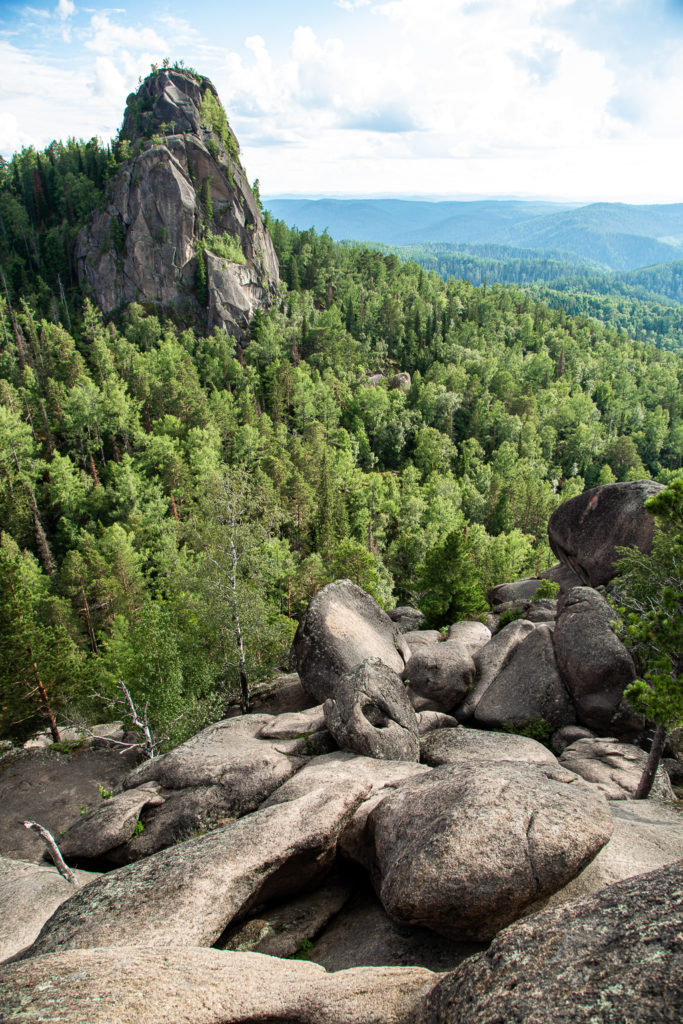
“I was born and grew up in the Far East. One childhood memory is very vivid: when I was three, I escaped from my parents and made it to the top of a mountain. Older guys found me and took me back to my parents. Even back then I was drawn to the heights.
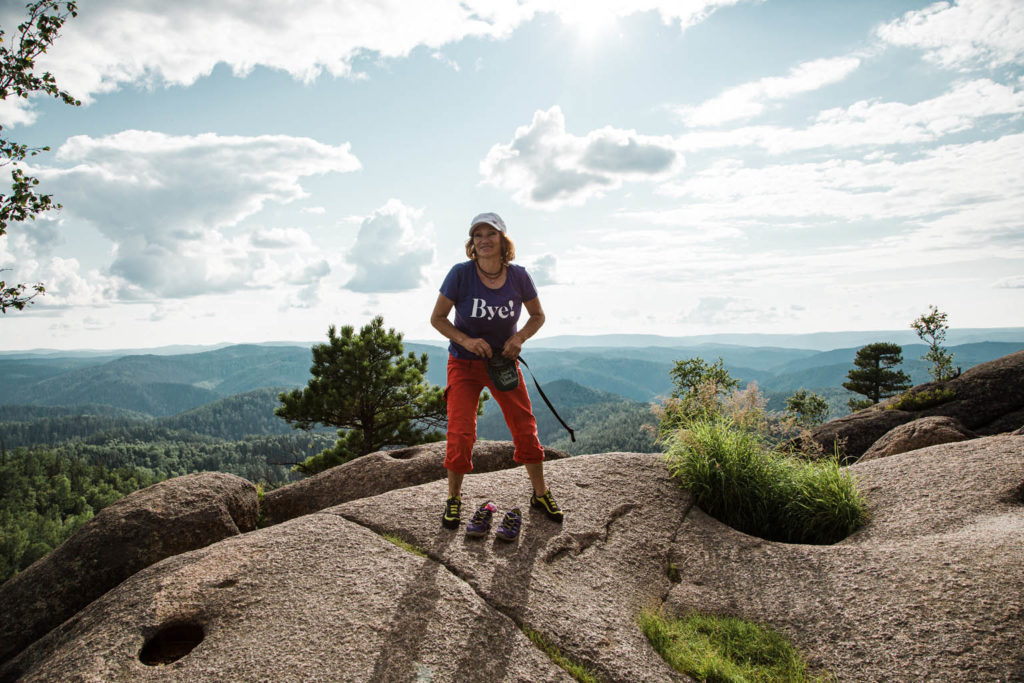
When I was 6 years old, my family moved to Krasnoyarsk and my mother took me to Stolbi. After this, she would hardly see me at home…. For me and my friend blini (ed. note, Russian pancakes) became a currency and for a blini with cottage cheese or minced meat strangers would let us drag along to climb the Stolbi with them.
When I was a teen, people took me from the wall and beat me for climbing without rope. Older comrades beat my butt with rock shoes, they said that I shouldn’t climb like that. Now it’s different: people know that I climb free solo all the time, and they respect me. Out of all women, I am one of the most dedicated Stolbists. I often go climbing with guys on rocks with a high level of difficulty. Many men would not even try to climb pitches that I have completed.
You have to have a certain mindset and emotional state before difficult areas for free solo. Only this way you can overcome extreme situations, by suppressing your will and emotions.
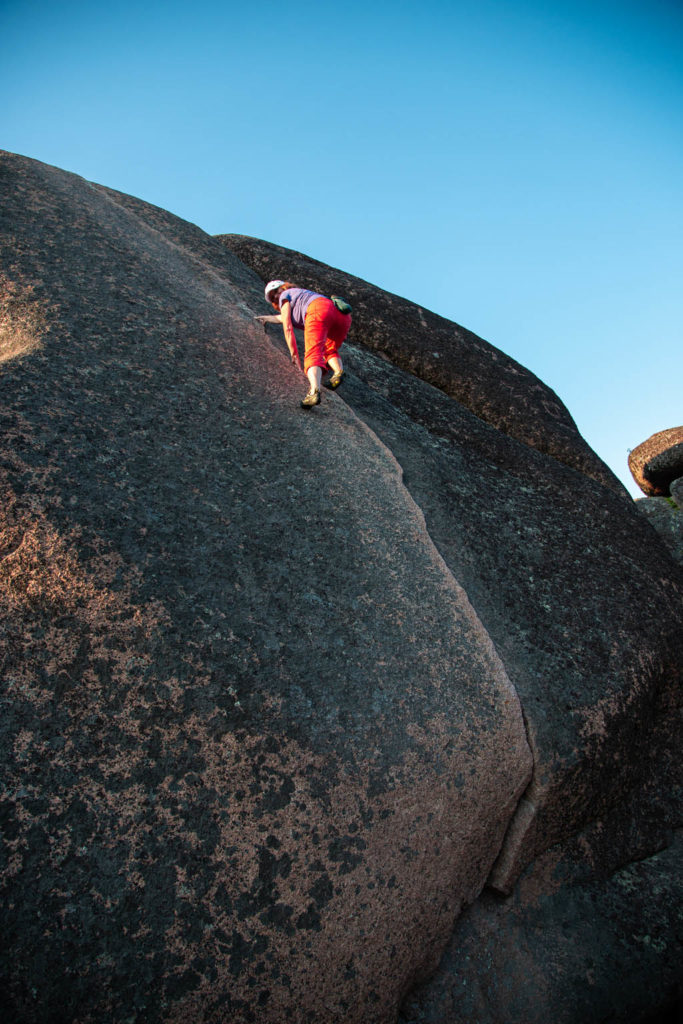
Many people climb with headphones on, but it doesn’t work for me. I feel more comfortable hearing natural sounds. What is going through my mind as I climb? If it’s a difficult route, I think, “Why did I climb here? They warned me it was not a good idea to climb here.” If I am climbing with another person, I carefully watch that he is doing everything right. This grabs all my attention.
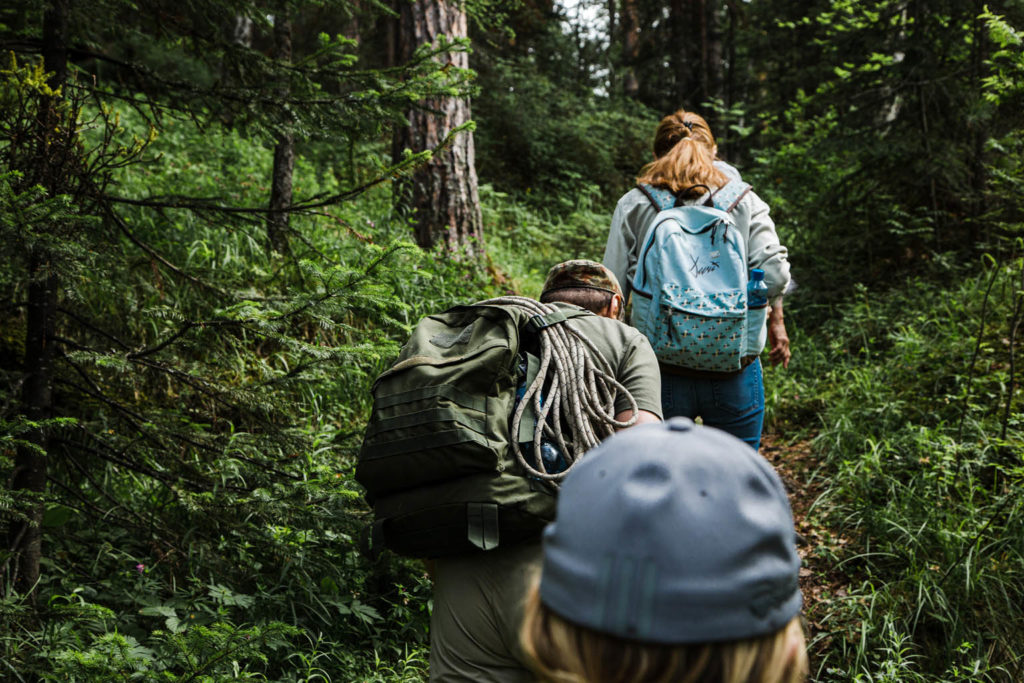
When the route is incredibly difficult, you can’t think of anything, you just need to concentrate. You sort of get into an autopilot mode. Sometimes, after descent, people are curious about how you managed to overcome this difficult section, but you can’t remember it, because your own internal navigation system put your hands in the right spots.
In the backpack of any Stolbist you will find the following items: magnesium for our fingers, for them not to slip on the rocks, a short rope in case you suddenly need to save or just belay somebody. And of course a water bottle, we fill them with water from a local spring.
I never had serious injuries. One time I fell into the rope on the wall from a height of 12 meters and just stayed hanging there. After this I was very scared, but with time you are able to get rid of your fear. With experience I can understand where I can climb on my own and better calculate my abilities.
I am just not afraid of some things. I have so much energy, that I need to invest it into something so that it doesn’t disturb other people. If I don’t put it into climbing, it may burst out of me, and then I will be up to no good. There must be something wrong with my brain. I like living like this, to feel the rocks with my hands and legs, with my mind too. Rocks are my emotional half. Sometimes I approach a mountain that requires a technique that I don’t possess, and I think, “How will I do this?” And then I just do it. For me Stolbi is a place of power, a temple of nature, where God himself envisioned us, humans.
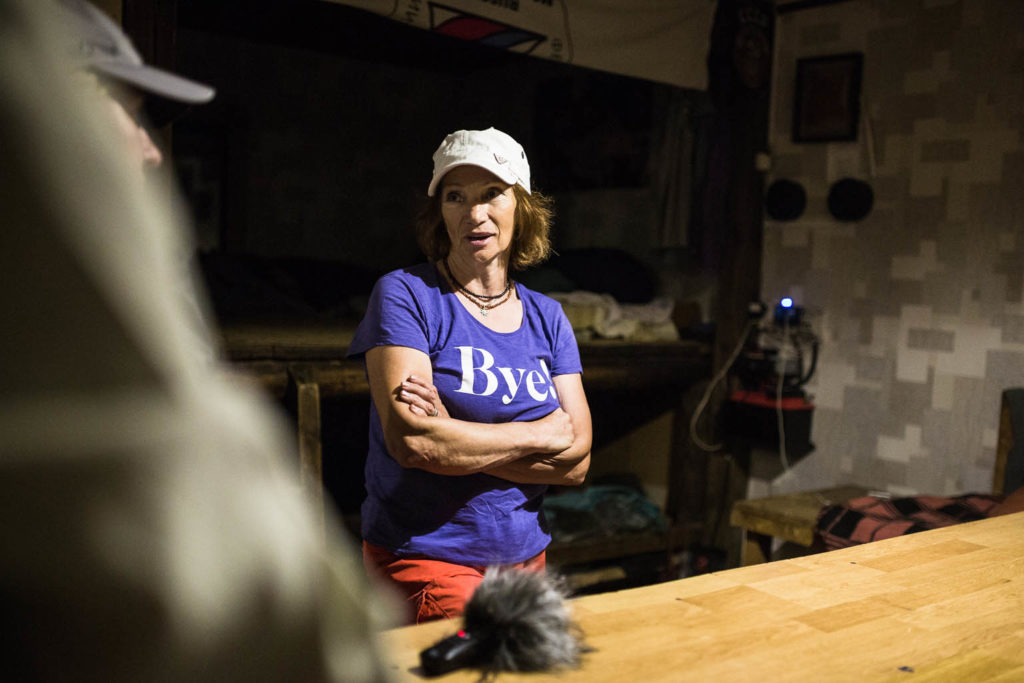
I am teaching climbing at Krasnoyarsk University. When I take my students to Stolbi, I teach them how to listen to nature and communicate with it.
I don’t show many things to my grandchildren, because it is very dangerous. Once they see something, it is impossible to tell them they can’t do it. They think, “If granny can do it, so can I”.
Krasnoyarsk locals spend a lot of time in Stolbi. Originally Stolbism was shaped as a protest movement. People came here not only for spiritual, but for social freedom. In the city you could be a general. But in Stolbi you are free of any social ladder. In the mountains everyone is equal before difficulties, it doesn’t matter if you are a professor or a millionaire. If you climb well, everybody will respect you.
As soon as the national park was established, people started building huts up in the rocks, which became an important part of Stolbist culture. Most people who came to Stolbi were involved in politics. They annoyed the Stolbi administration with their behavior, they constantly fought for their rights. Sometimes the huts were burned down. Very often police would come to the hut, put everybody in buses and leave.
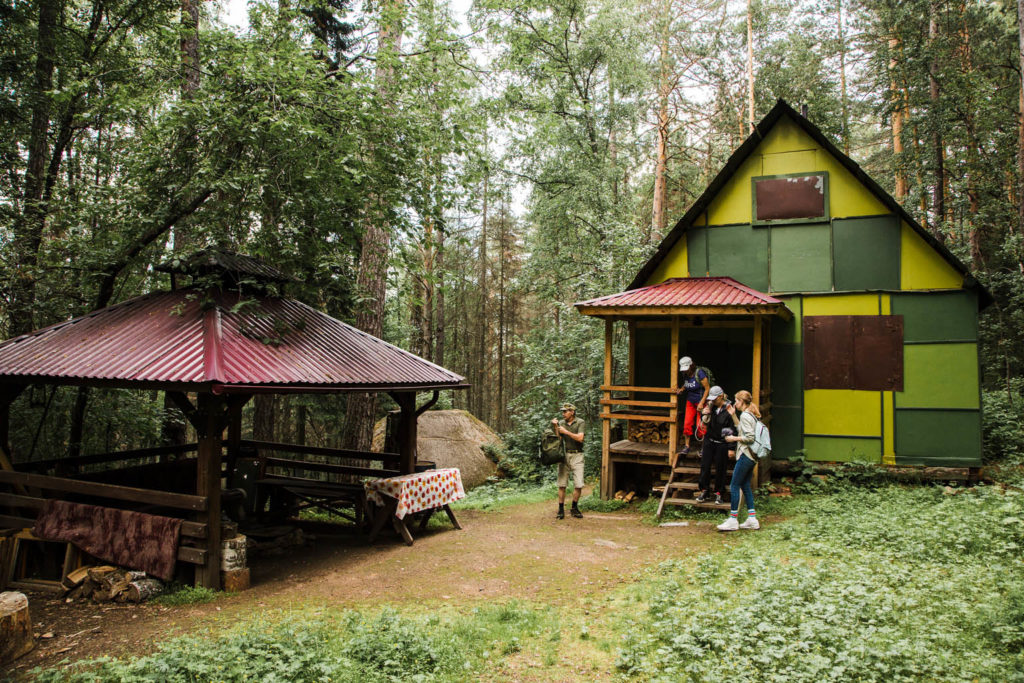
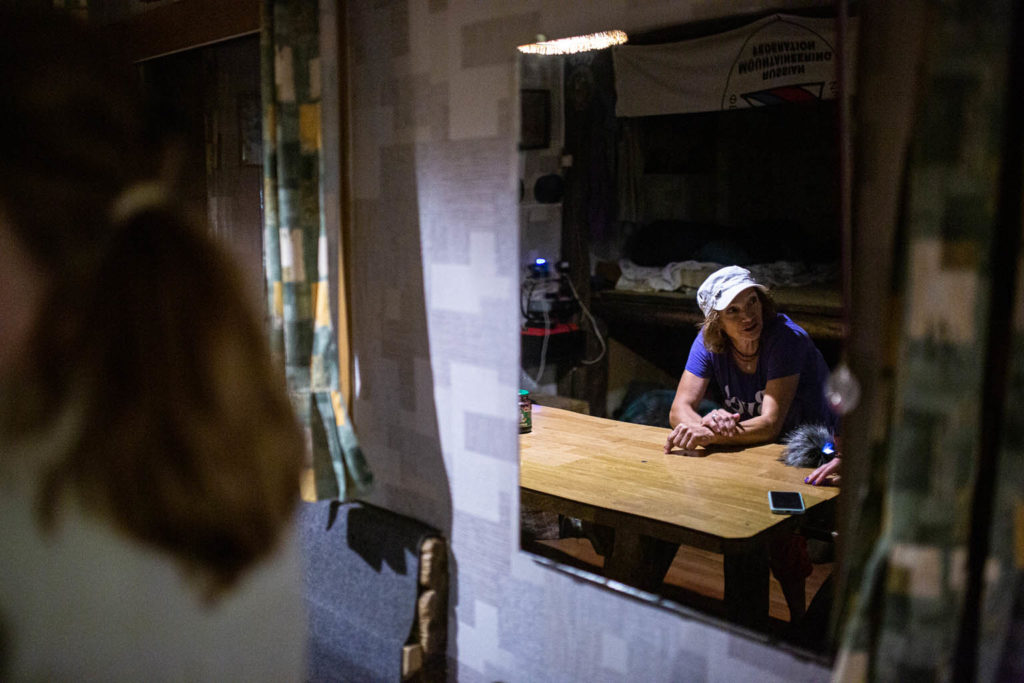
A hut is essentially a closed club, and it’s very difficult to get in. I am the only person on Stolbi, who belongs to two huts, and I have keys to both of them. There are 15 huts in a national park and only experienced climbers and awarded professional athletes become members. They help find people who lost their way and assist fire fighters in putting out forest fires.
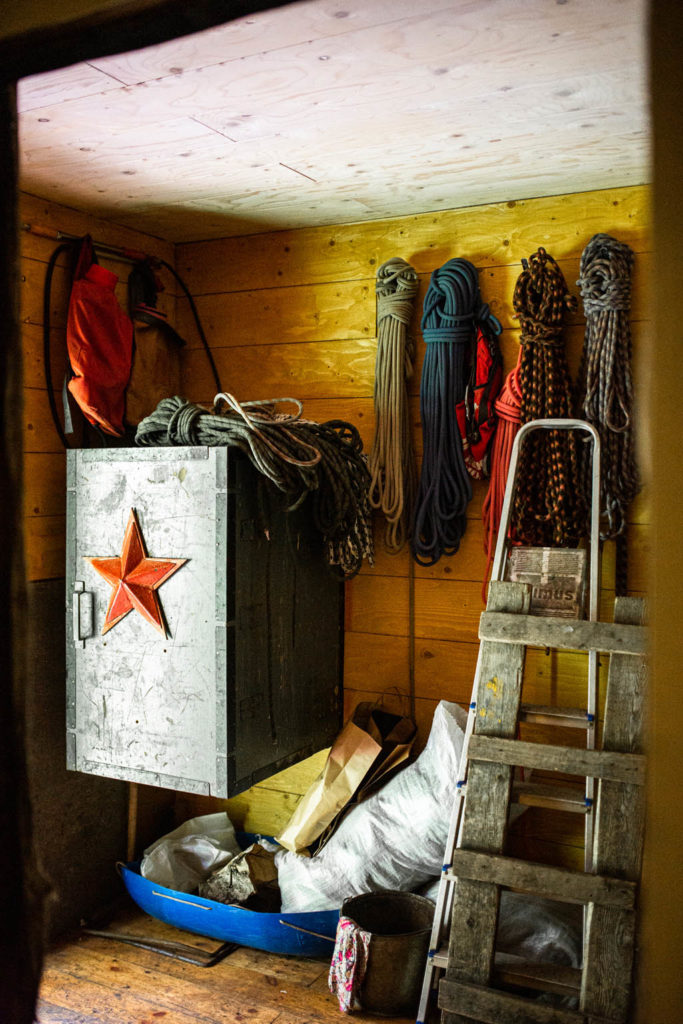
A couple of years ago, guys from our hut found a couple, who had been missing for three days. The man, 20 years old, died, but they managed to save his girlfriend. She was wearing a skirt and pantyhose in cold weather. There were many situations, when we called emergency serices for people we found on the way. Once we had to bring a man who weighed 90 kg down from a pillar. He was climbing alone and fell down 30-meters; that’s equivalent to a 10-floor building. I don’t’ know how he survived.

Once I played a role in a movie. They filmed a TV series in our hut, and I was a stunt woman for the leading character. It was in winter, we had -30 degrees, and the actress borrowed my clothes. It was funny to watch the show on TV later with an actress walking around in my pants and hat.
There are many stories, legends and jokes that go around Stolbists. Once a Stolbist fell down during a climb and broke his hand. Then he came back to the same spot a year later to show his buddies where he broke his hand. And guess what, he fell down again on the same spot and broke another hand.
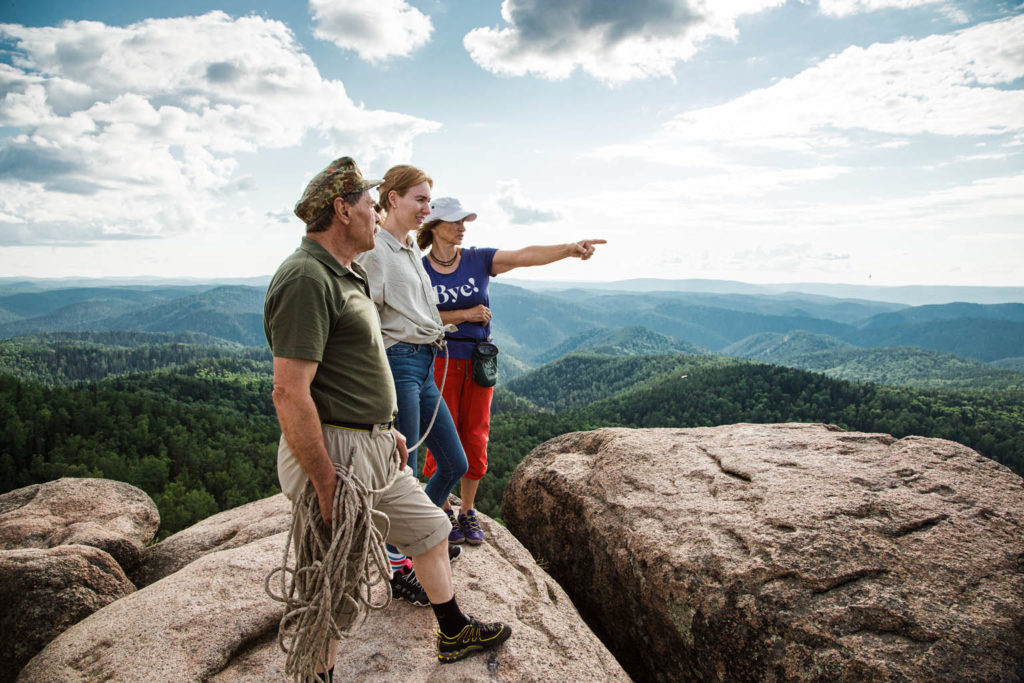
Stolbi took many human lives. One of the most decorated Stolbists, Volodya Teplyh, slipped on the Feathers, a route that he had climbed hundreds of times before. Each year I host night competitions in his memory under the moon light. A small church was built next to Stolbi with the names of people taken by the mountains and rocks carved on it. I used to climb with many of them, and knew them very well…
These people influenced me, they shaped who I am today. They taught me how to survive sorrow and happiness. How to love my family. Because of Stolbi, I never feel alone.”
